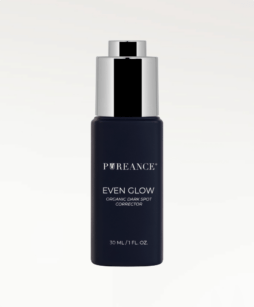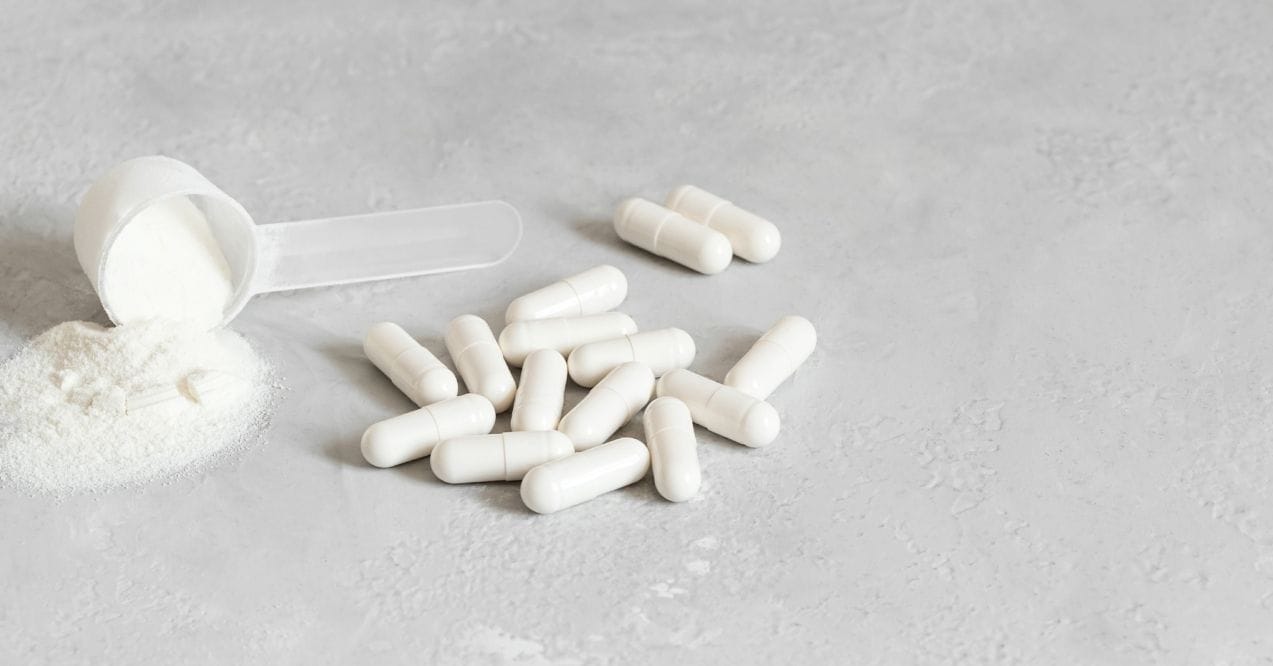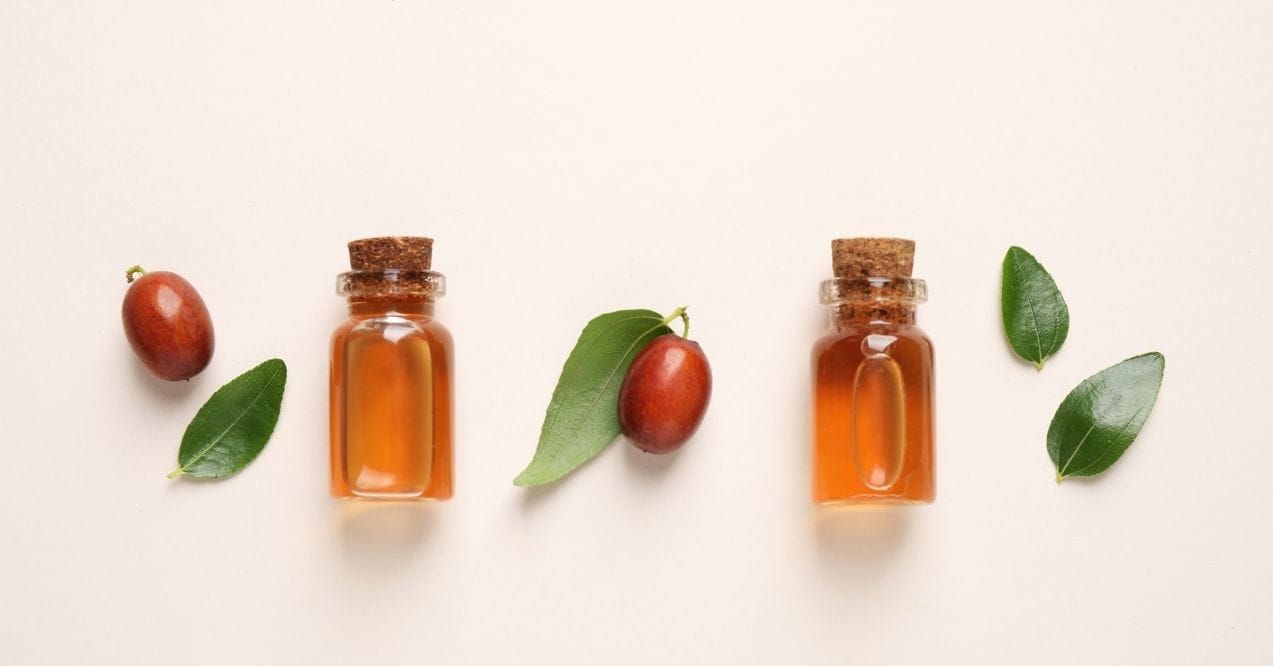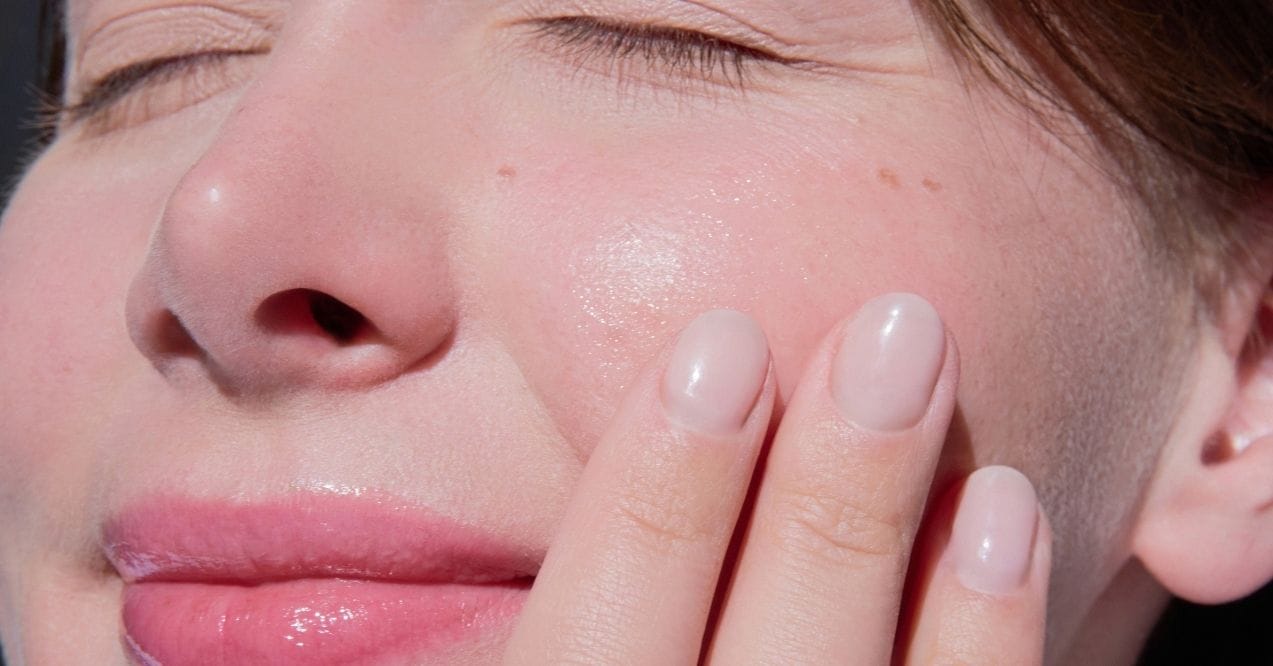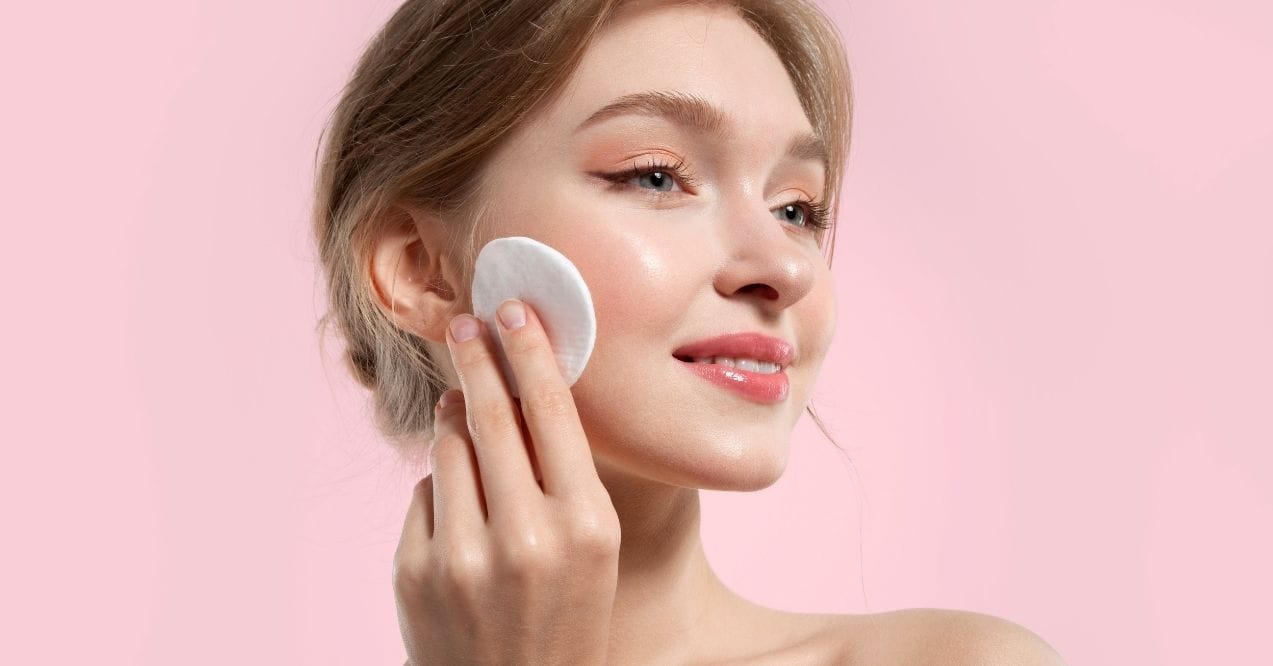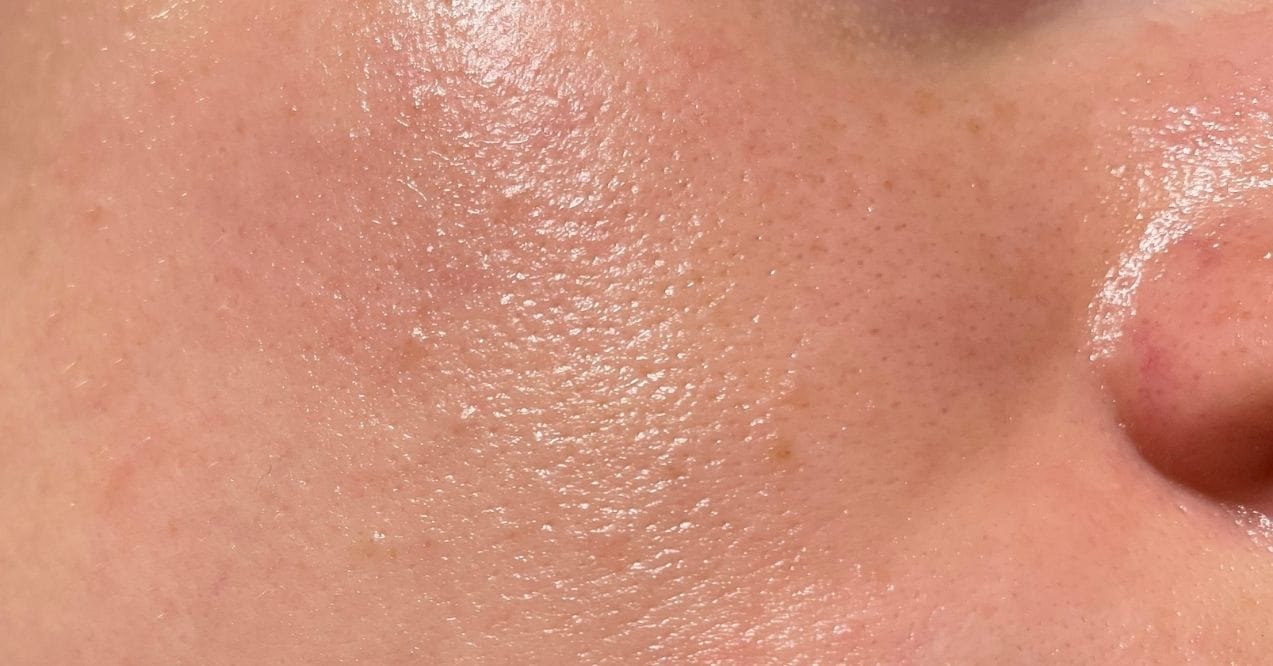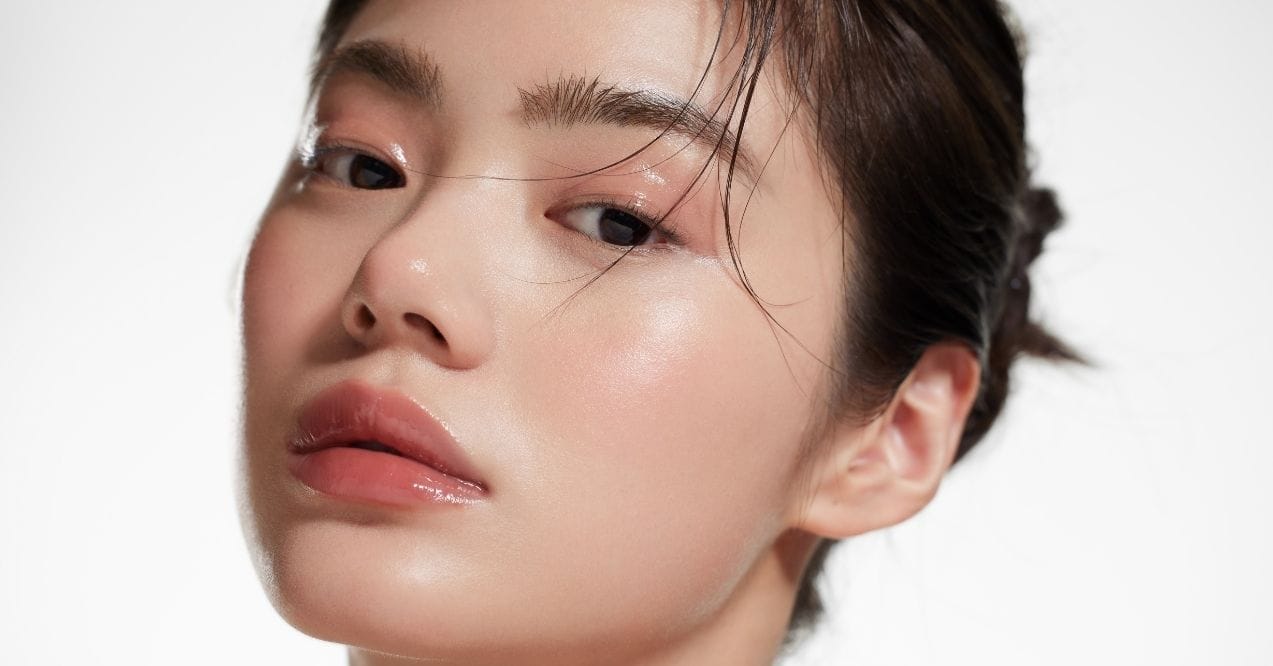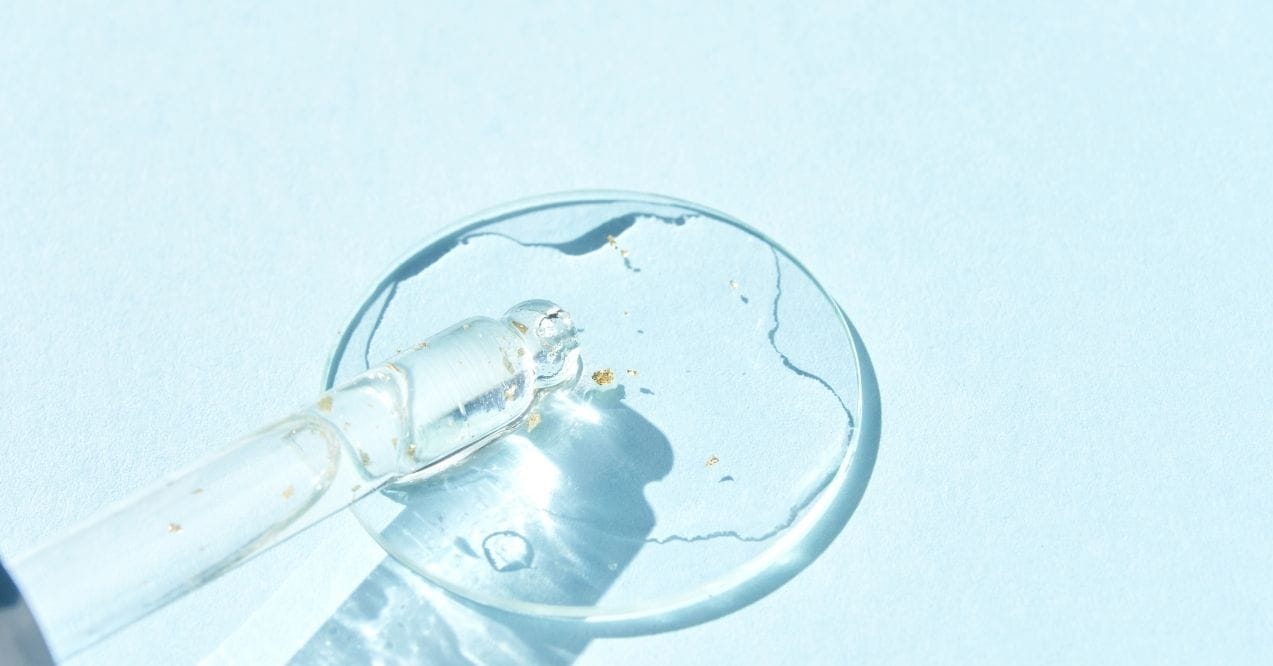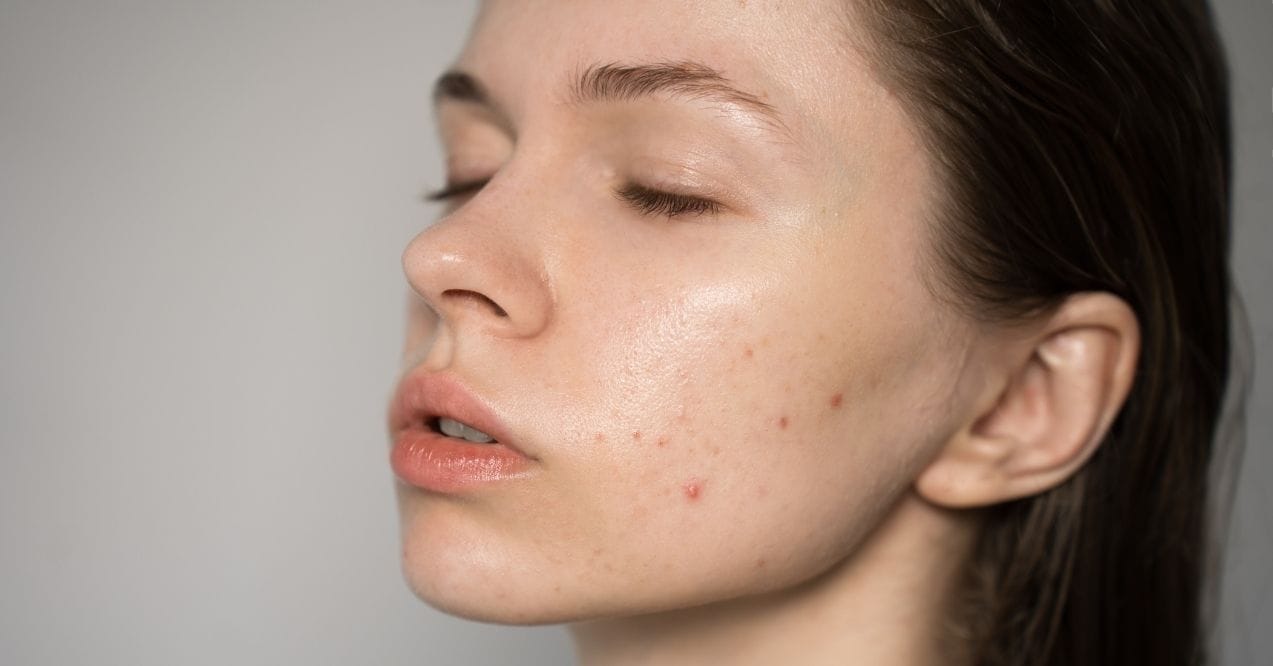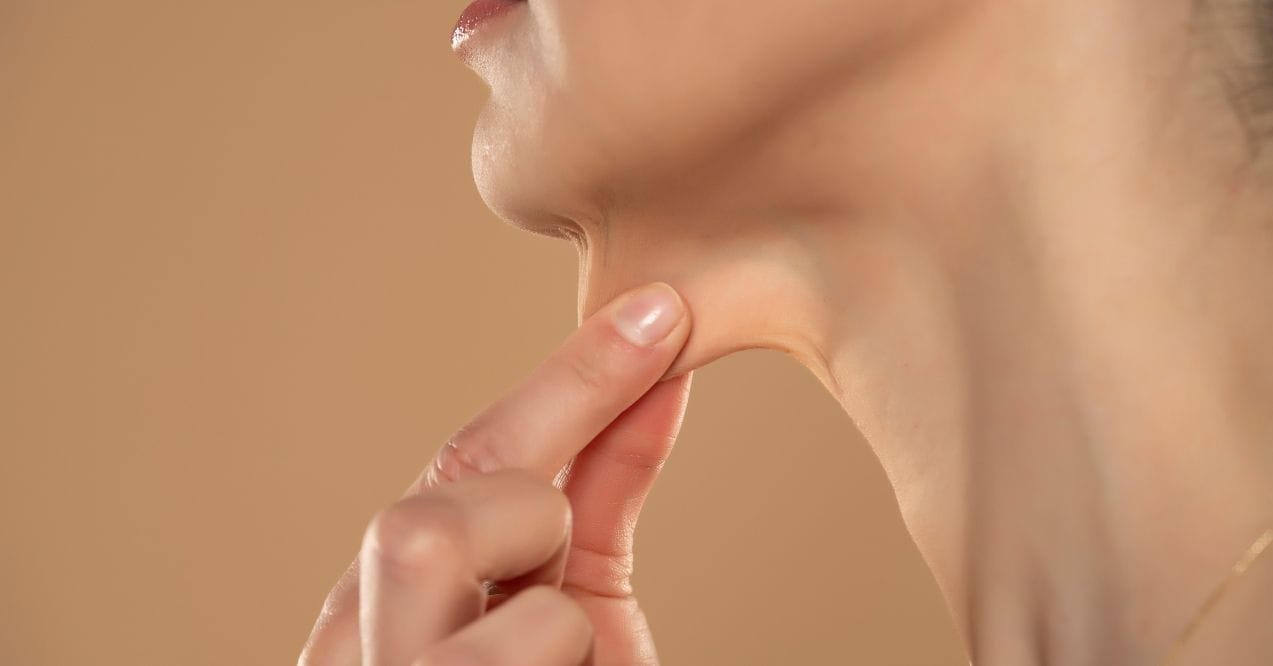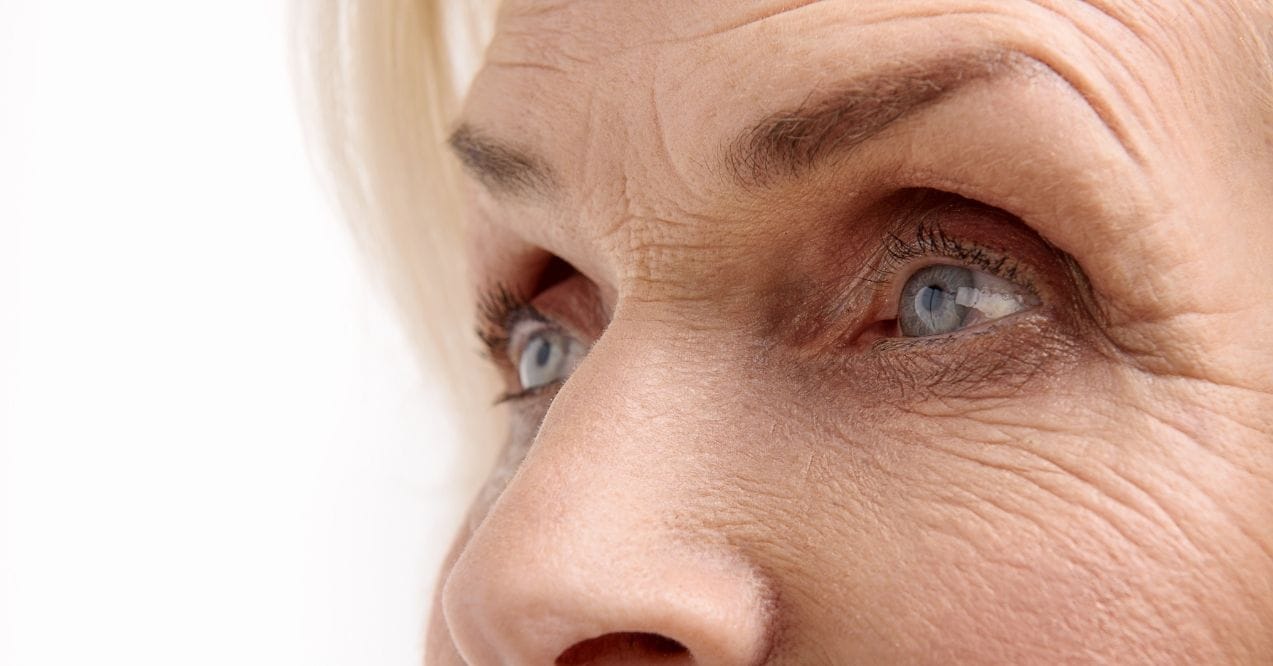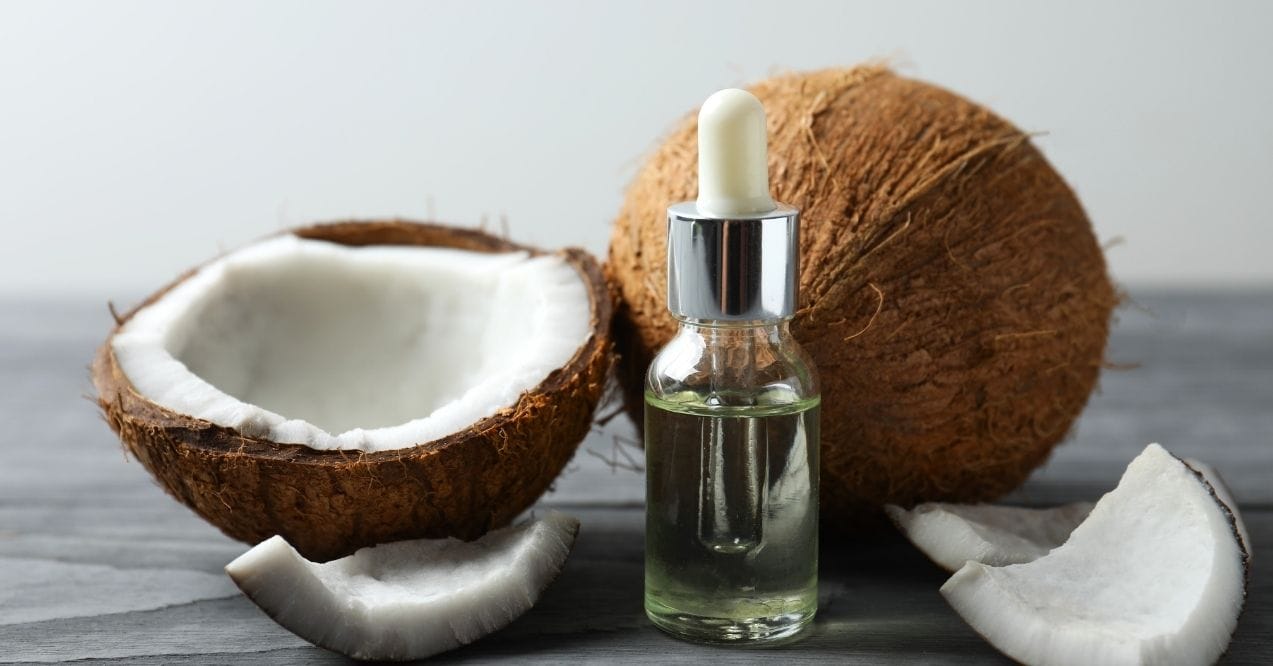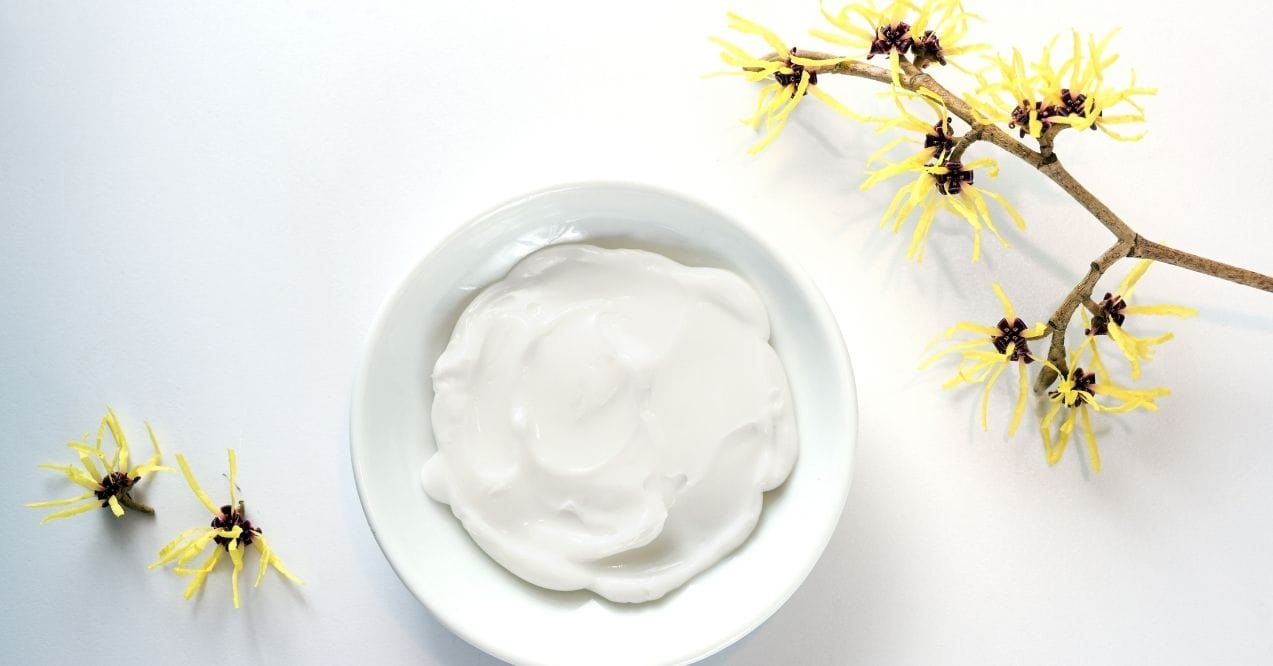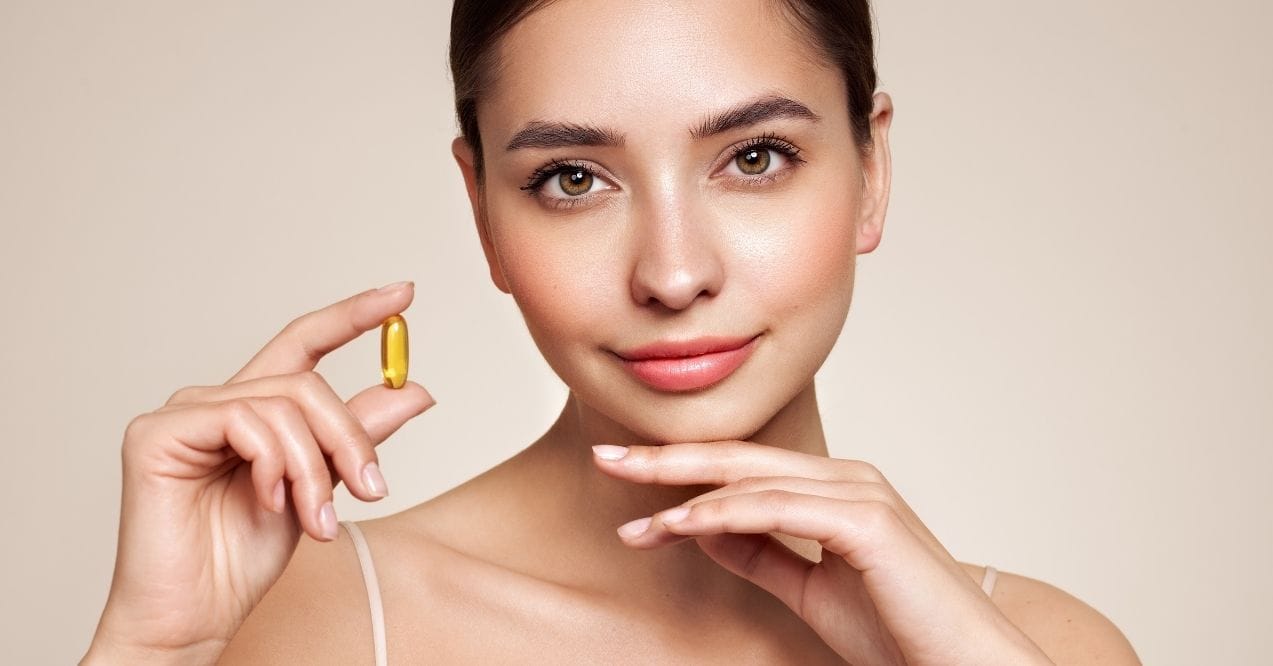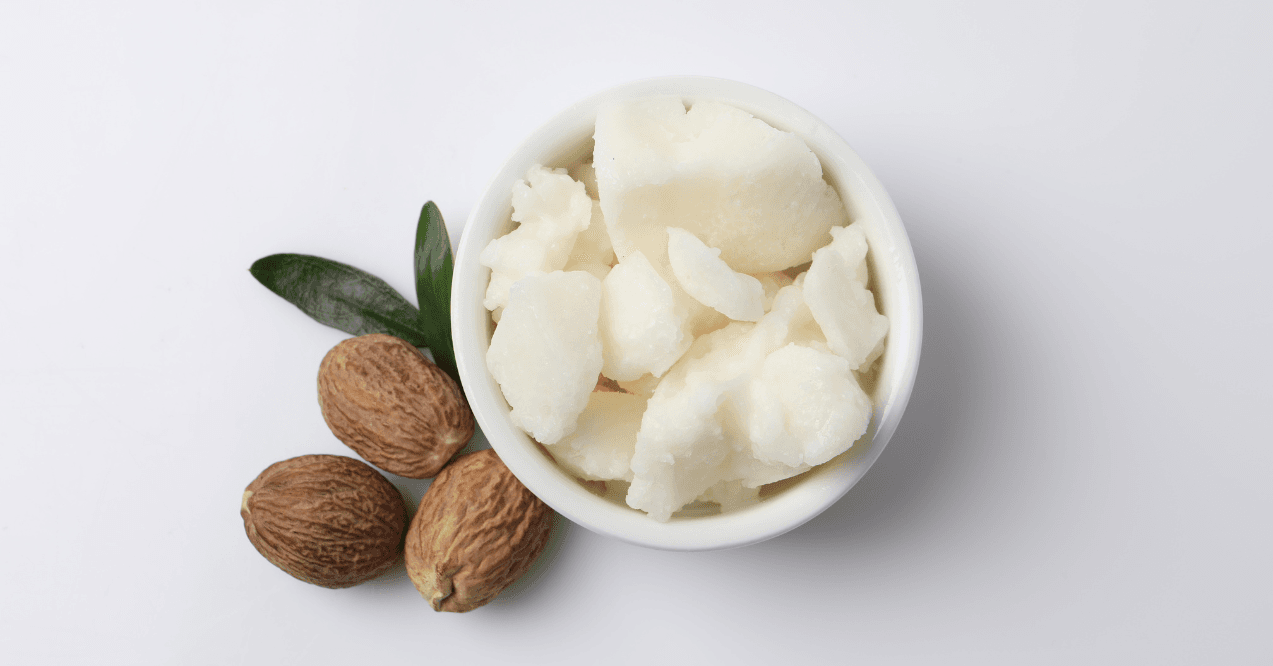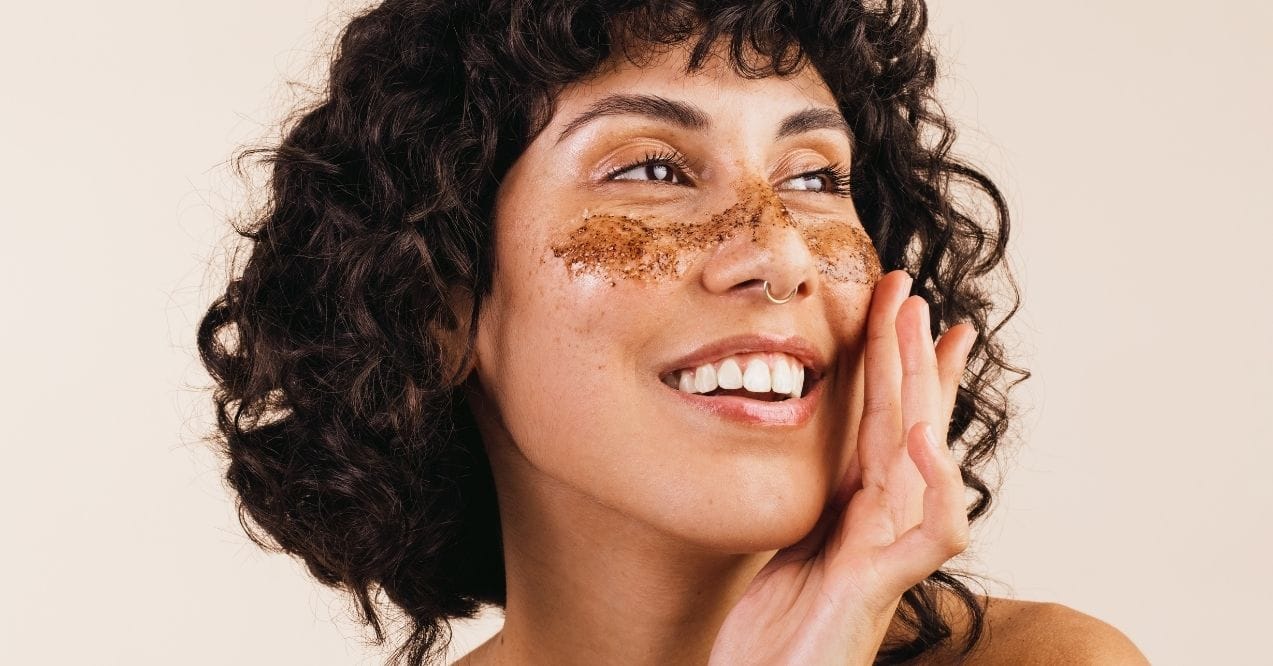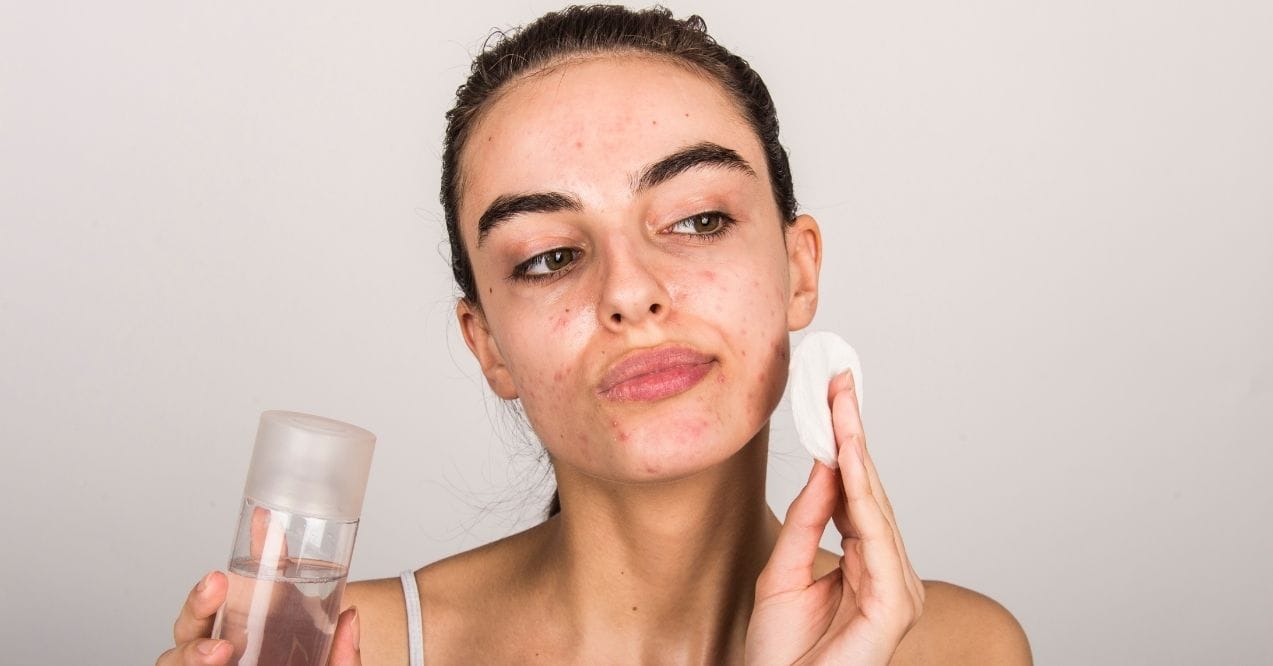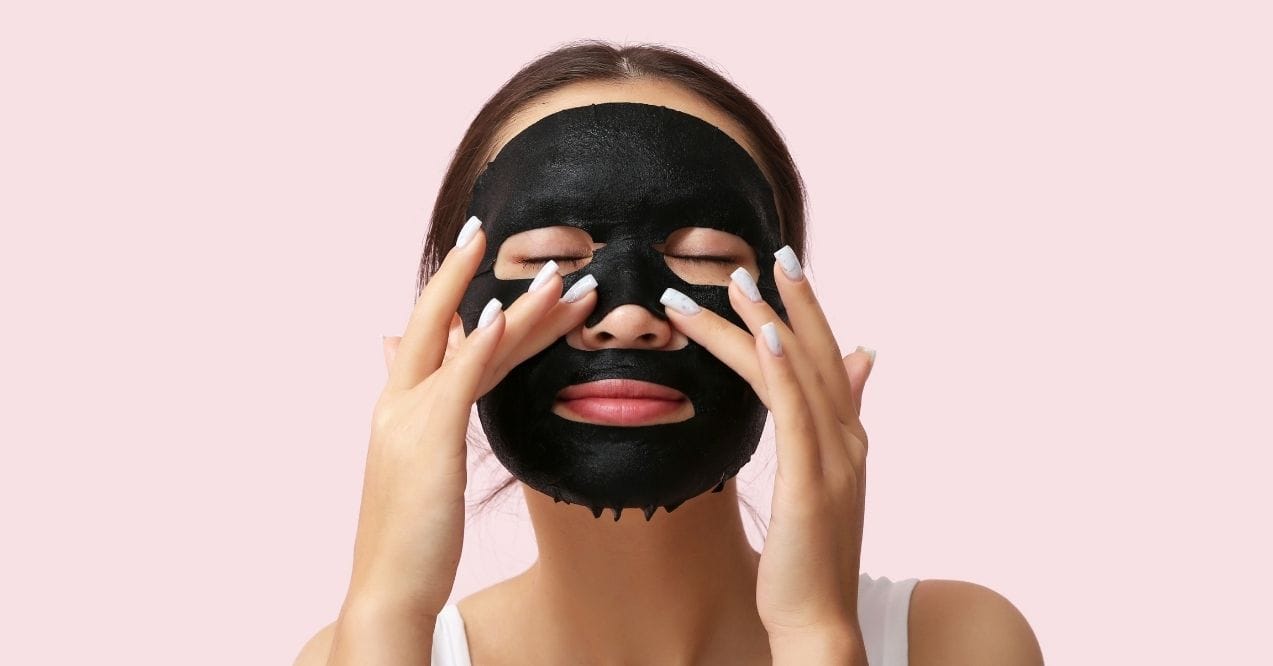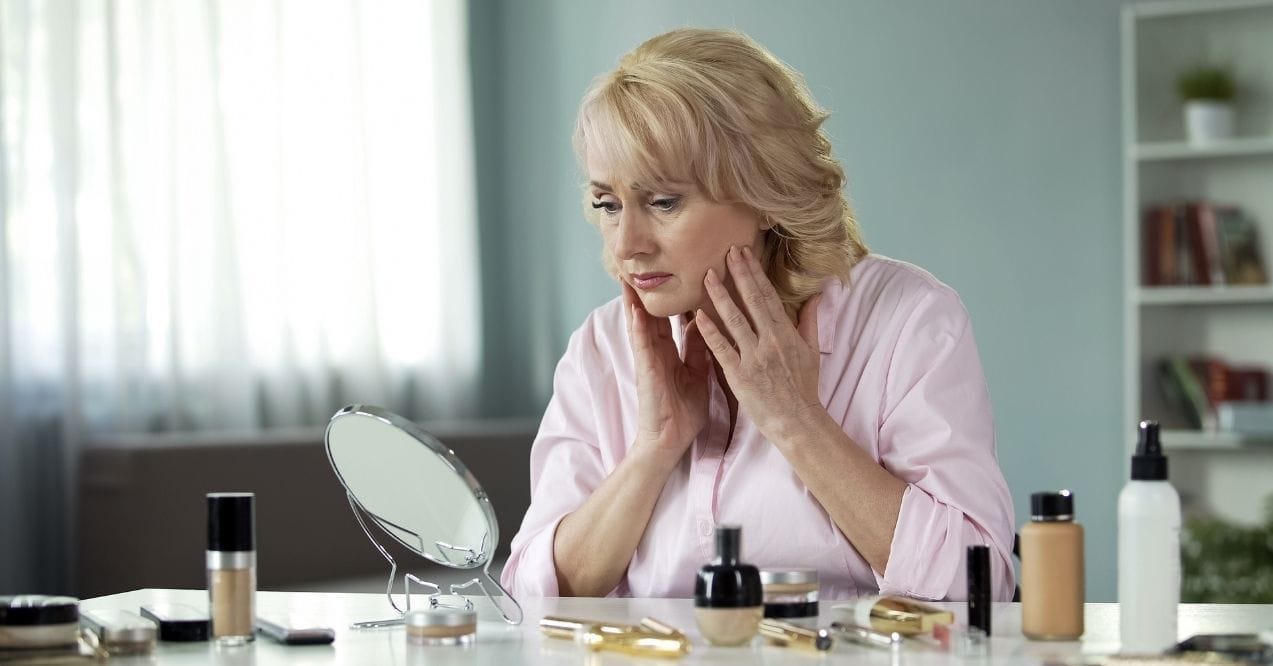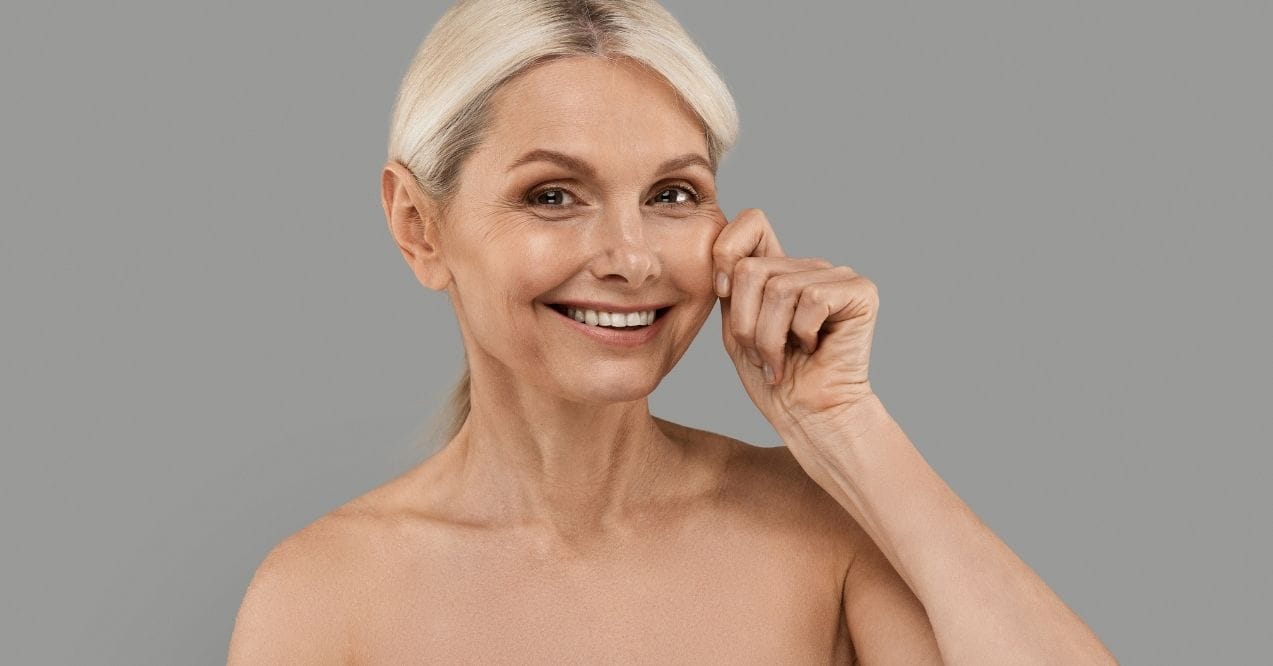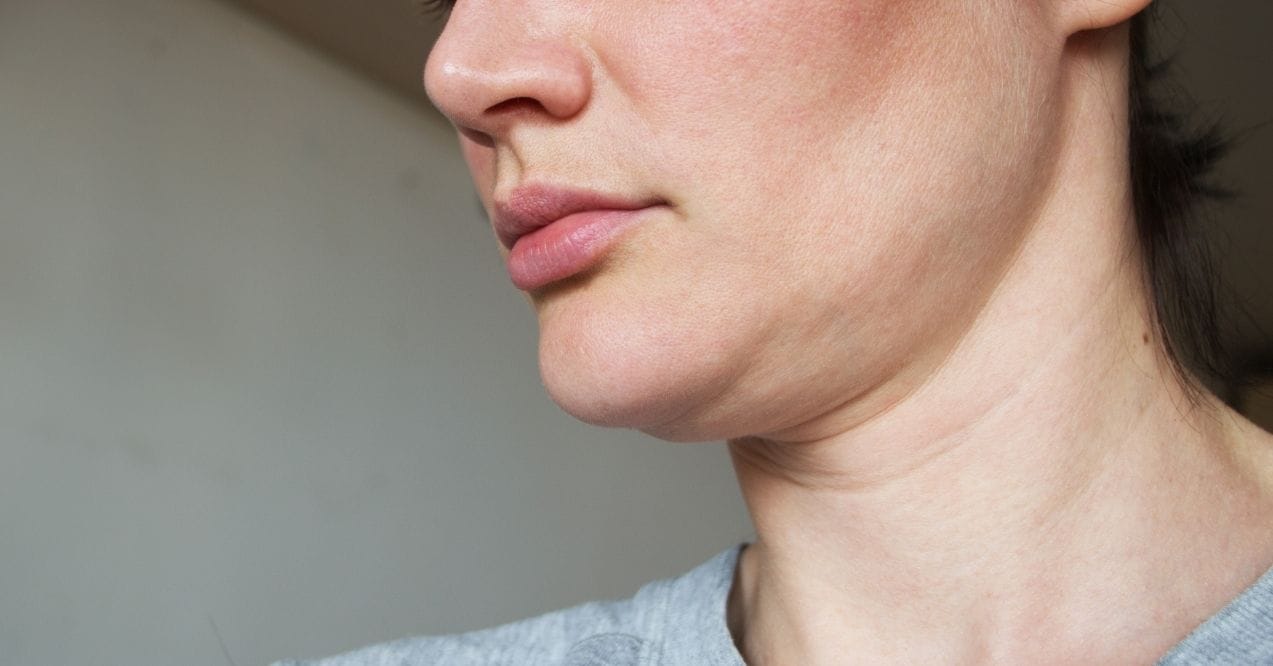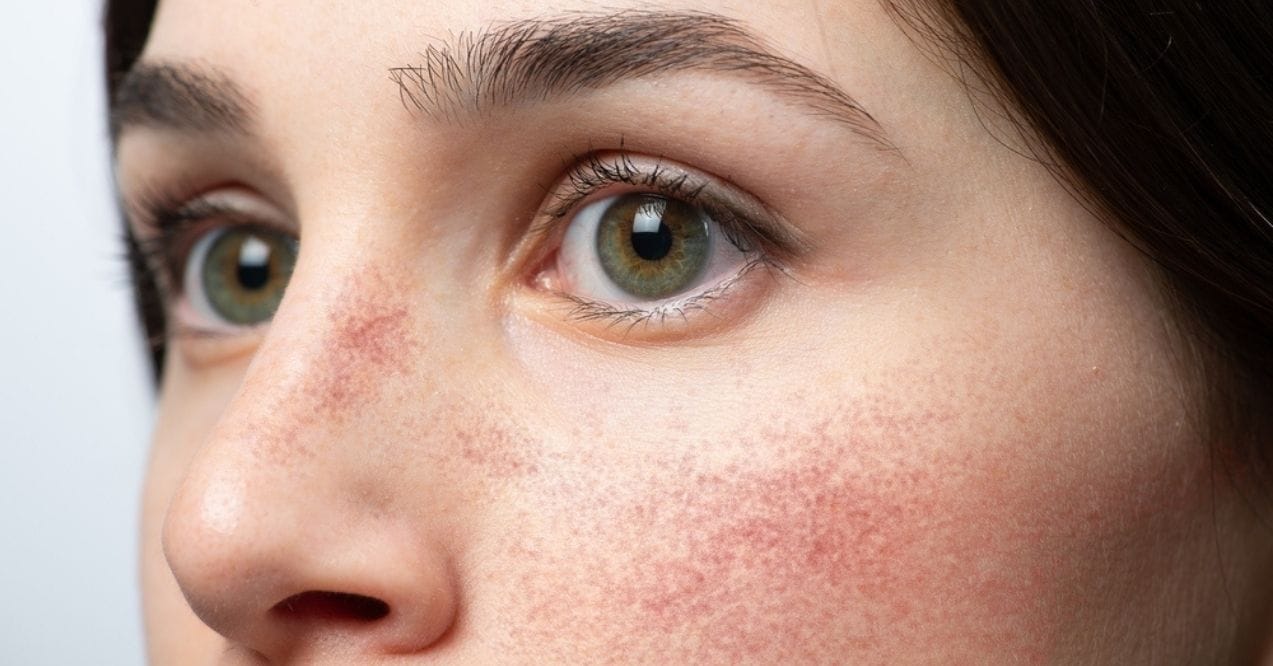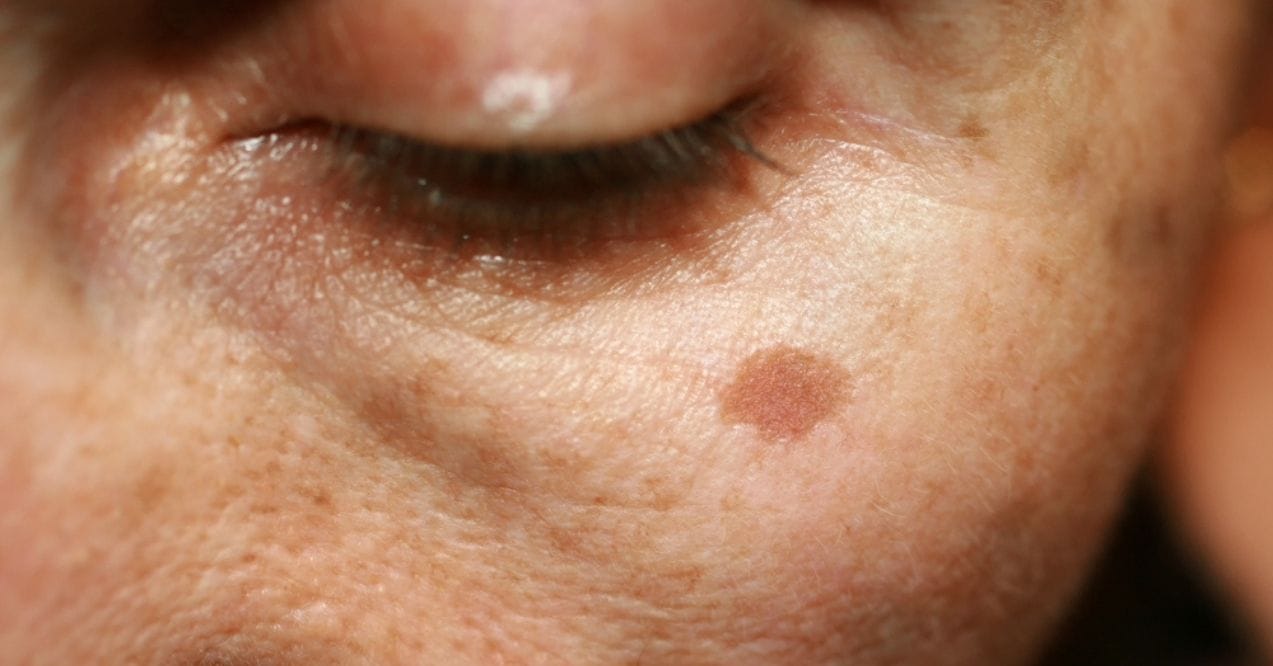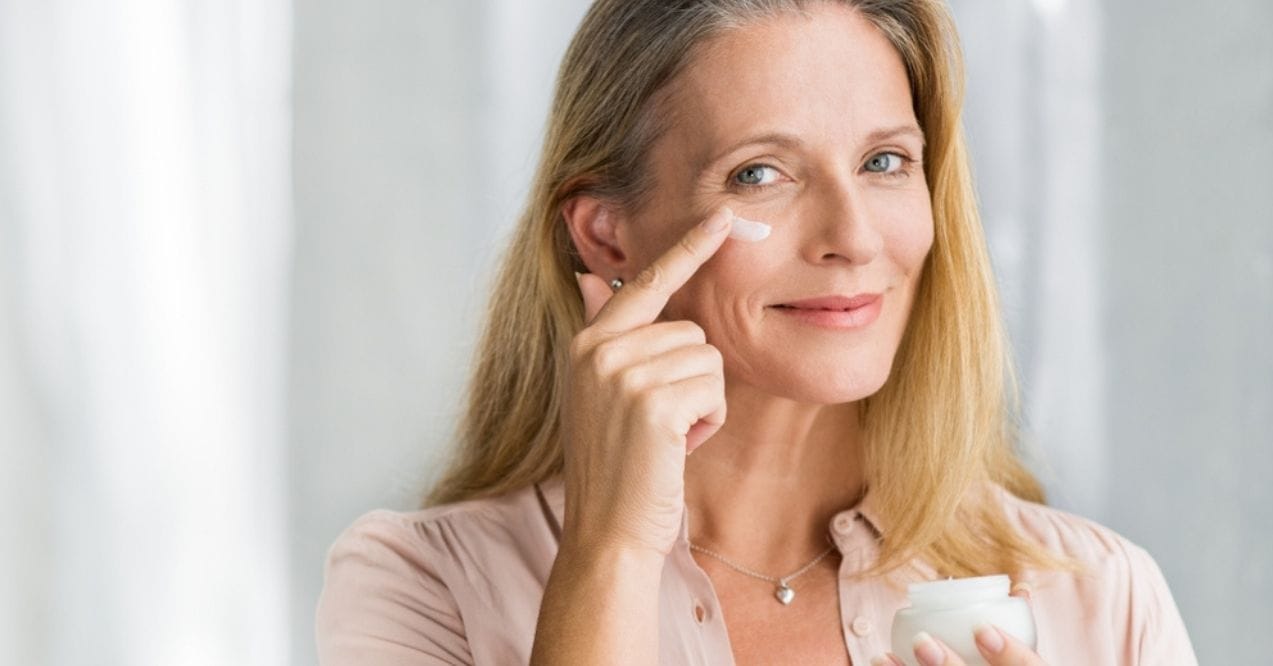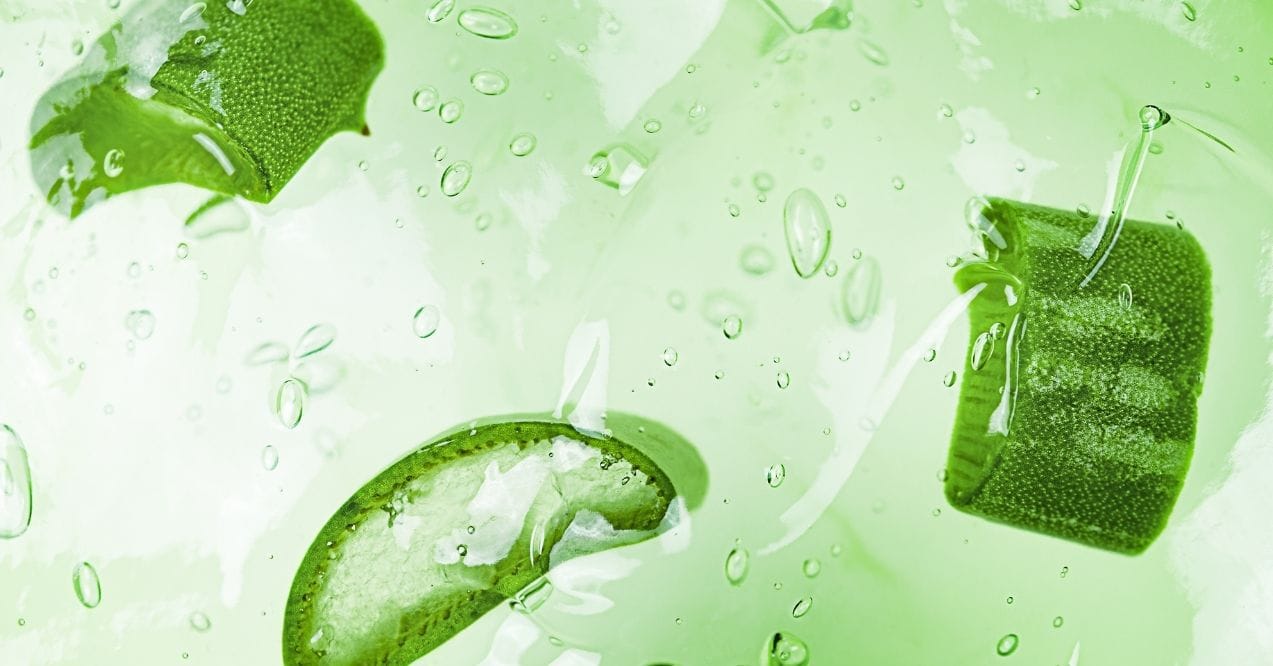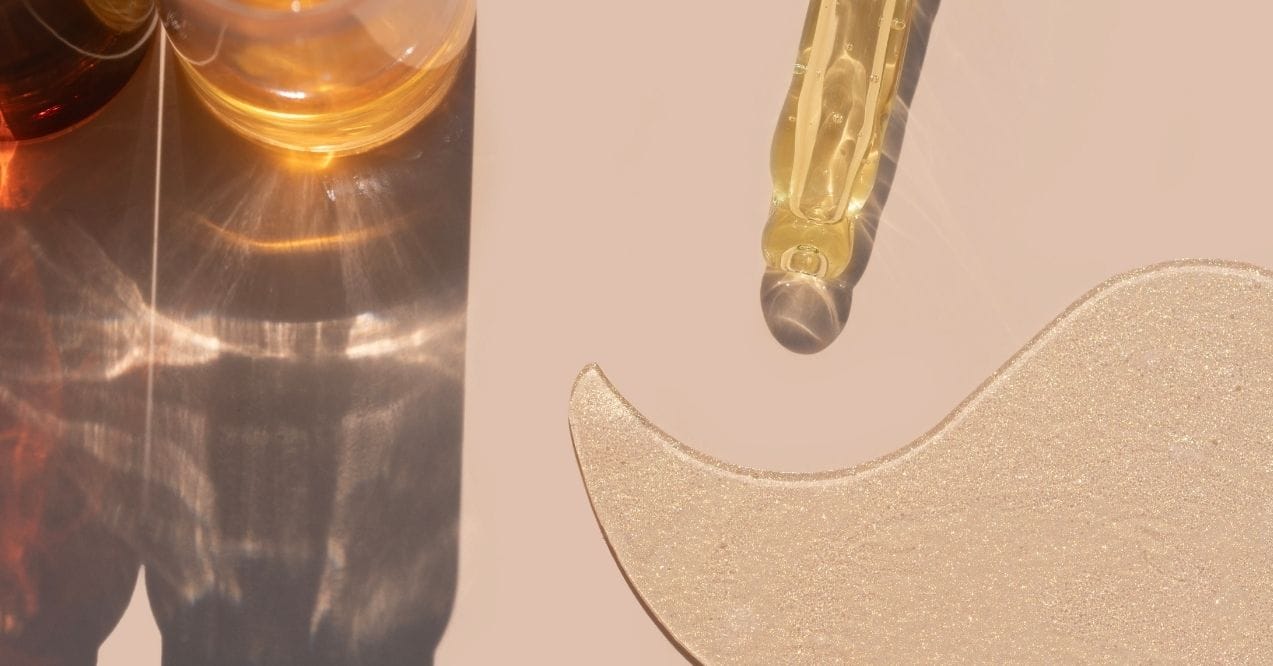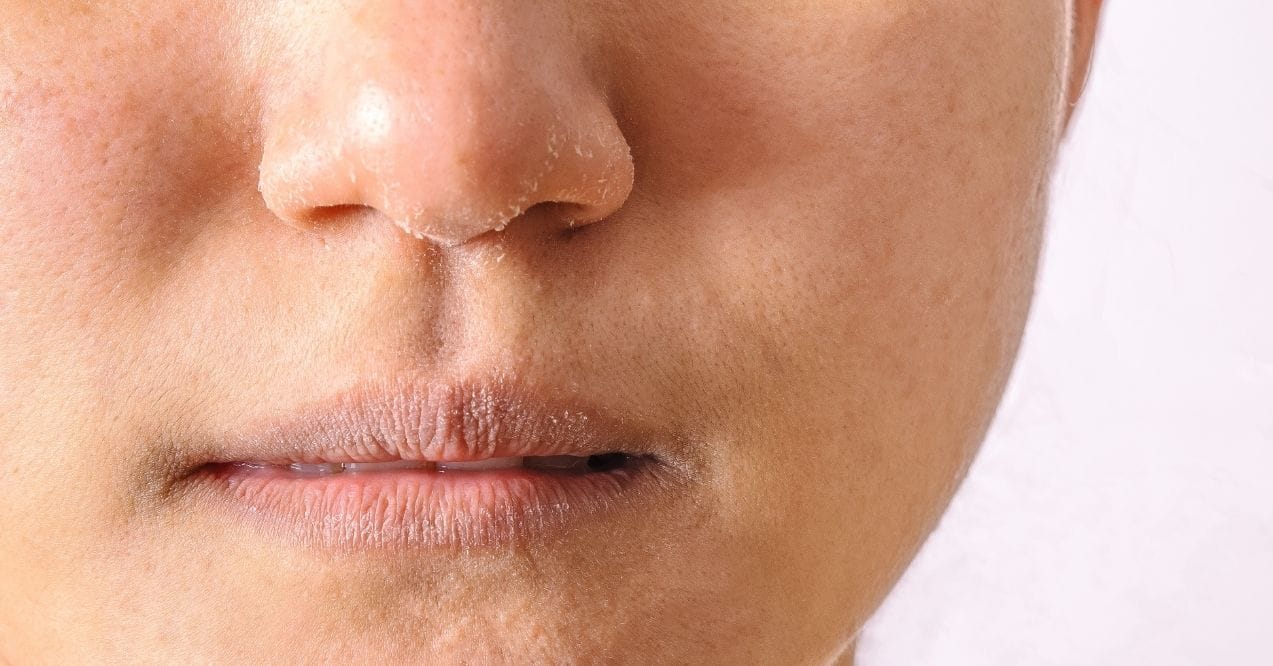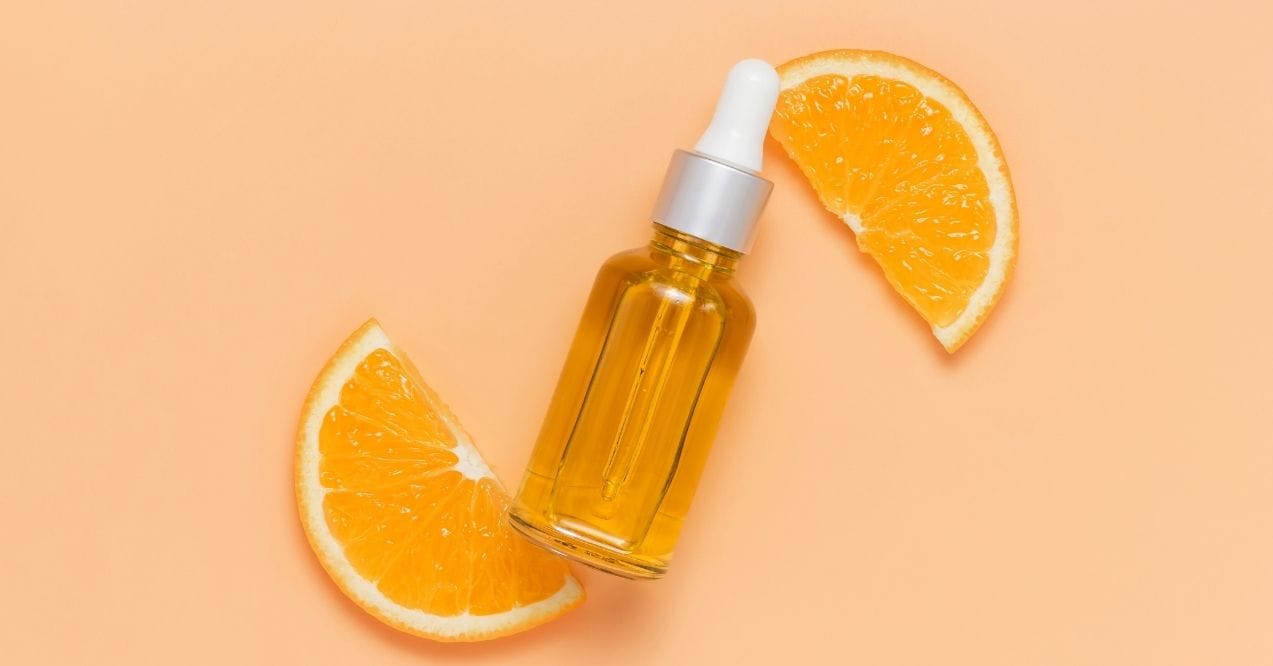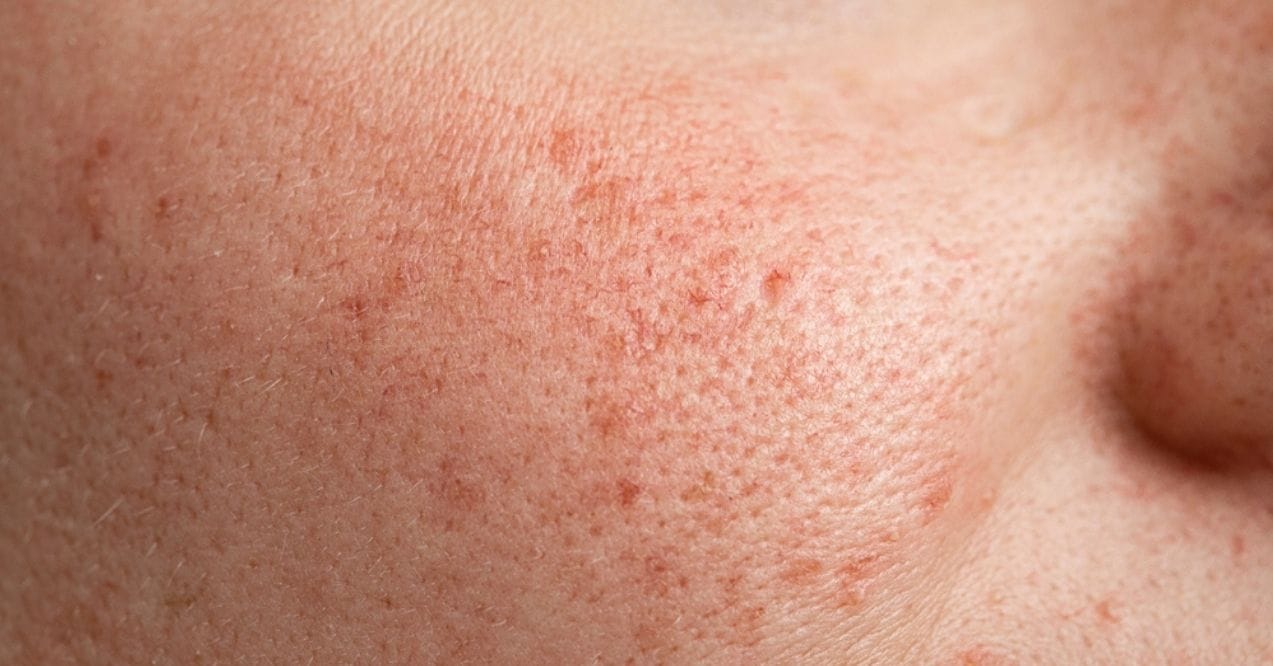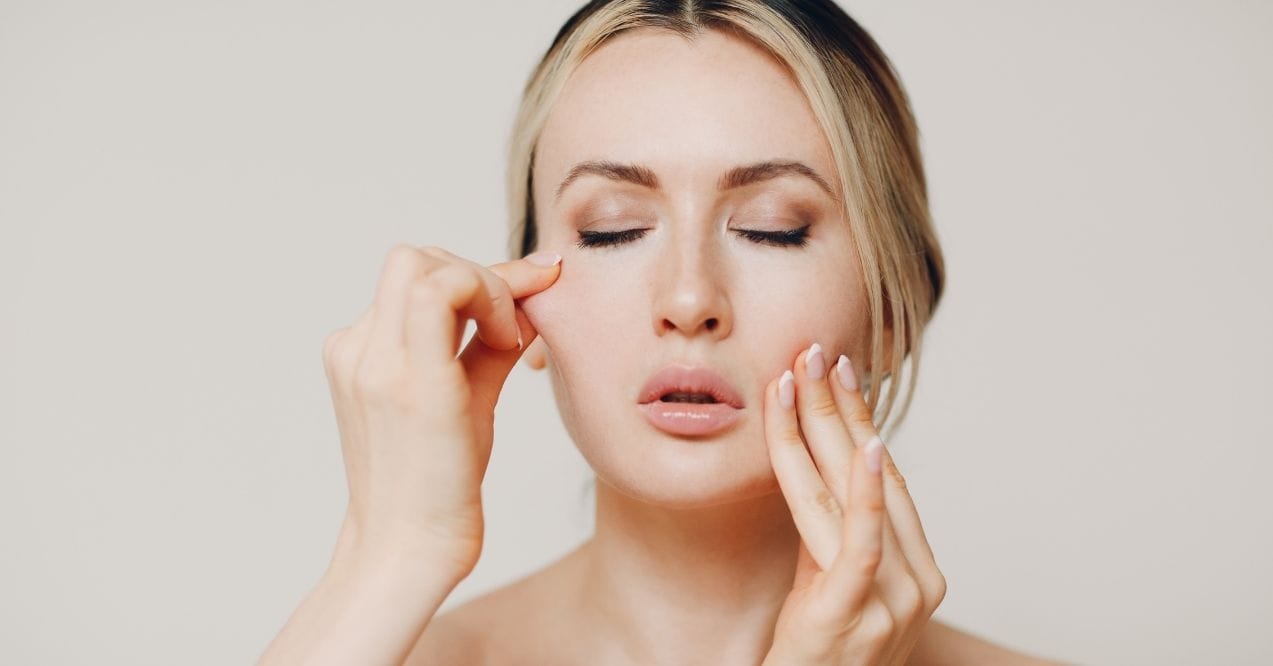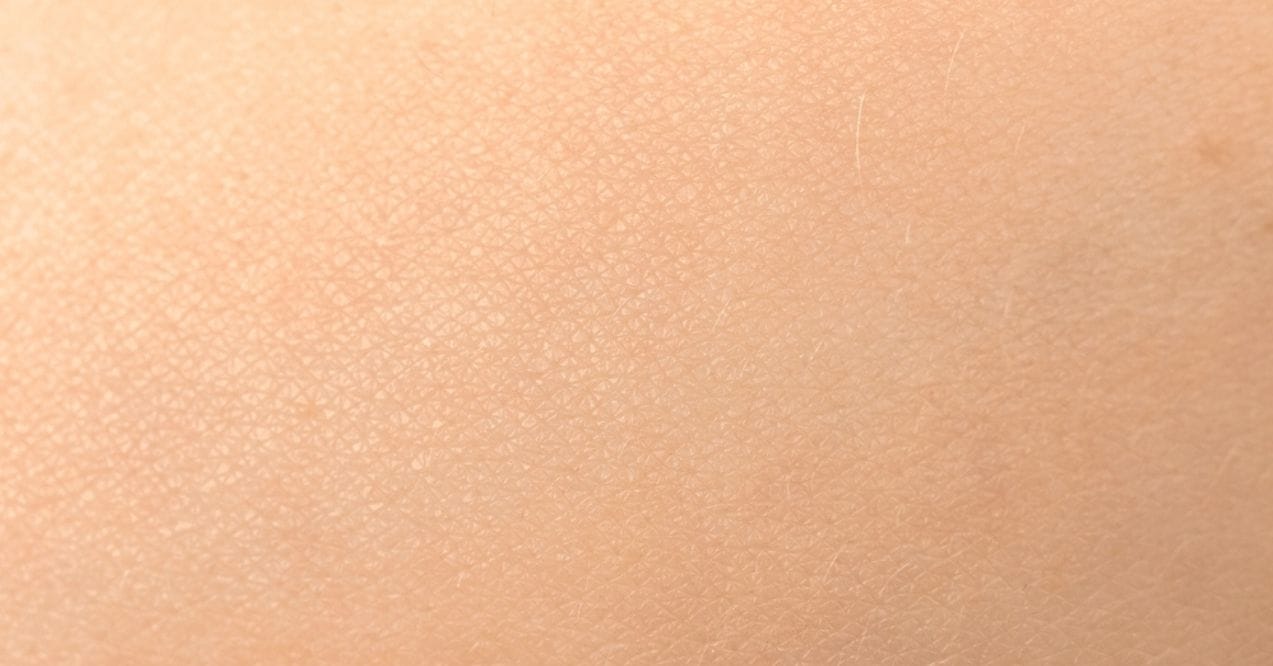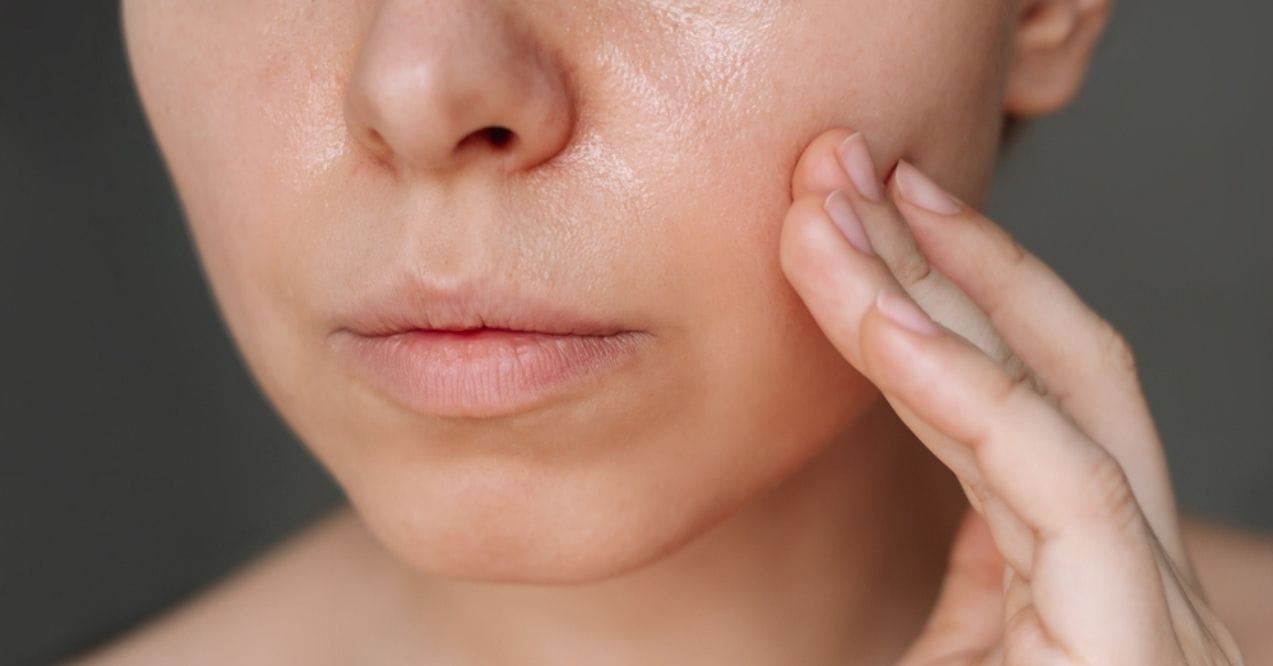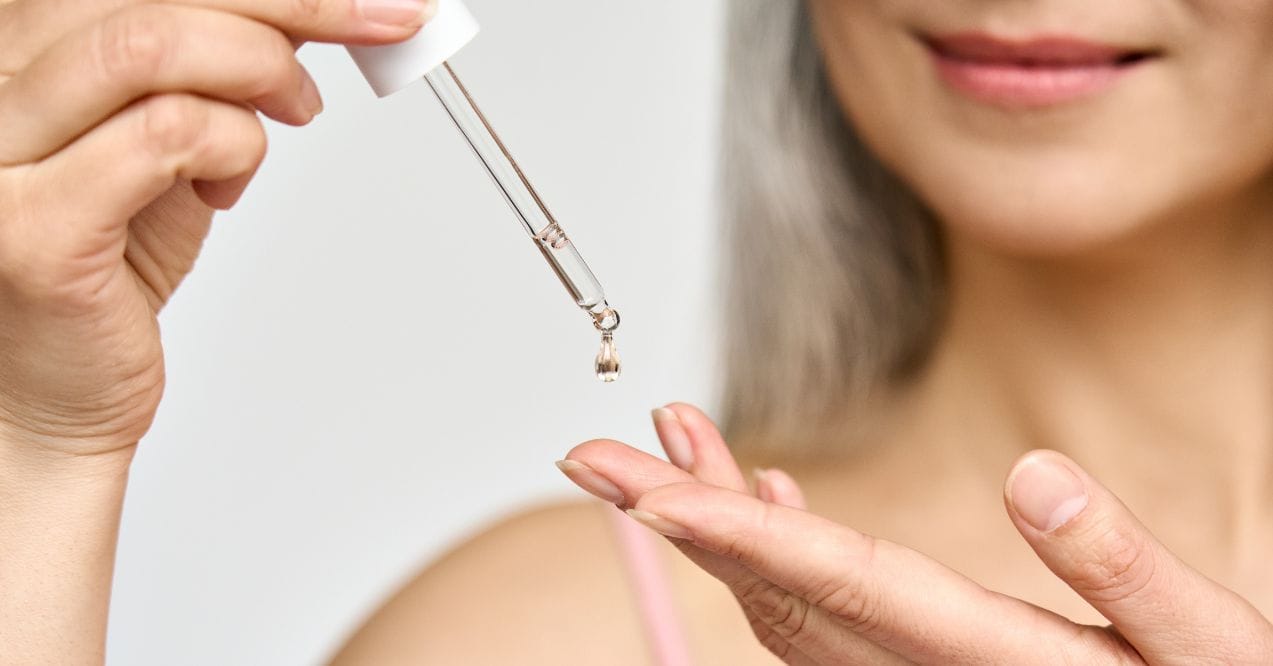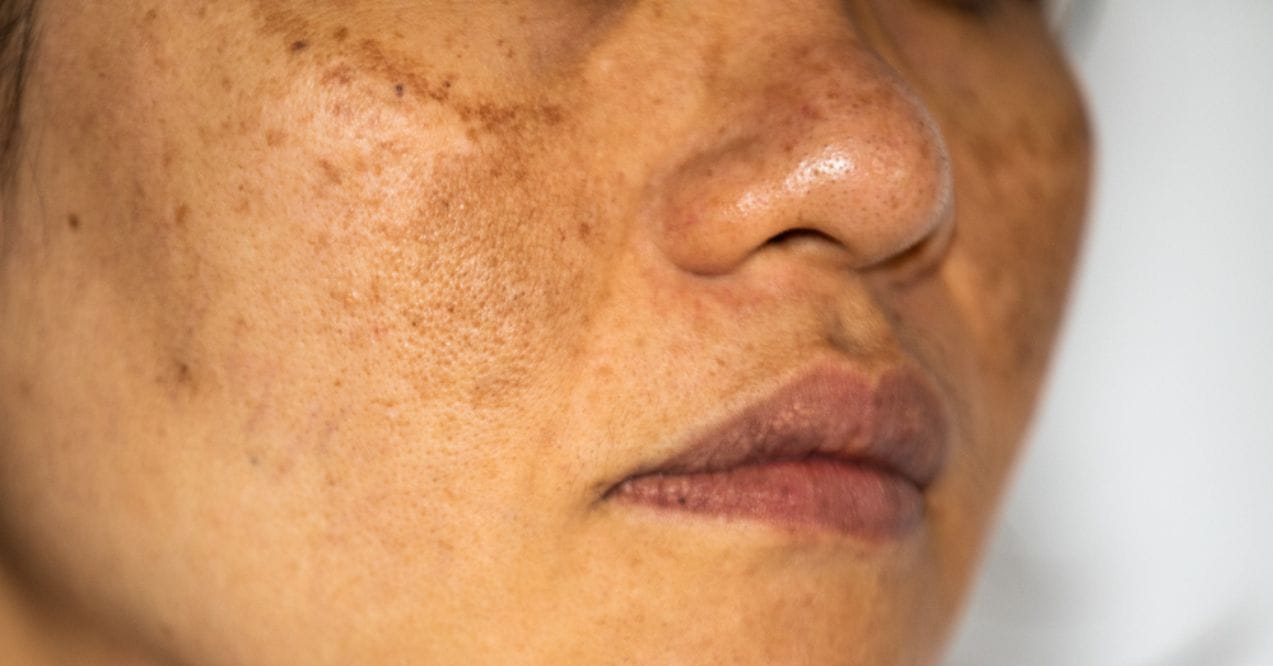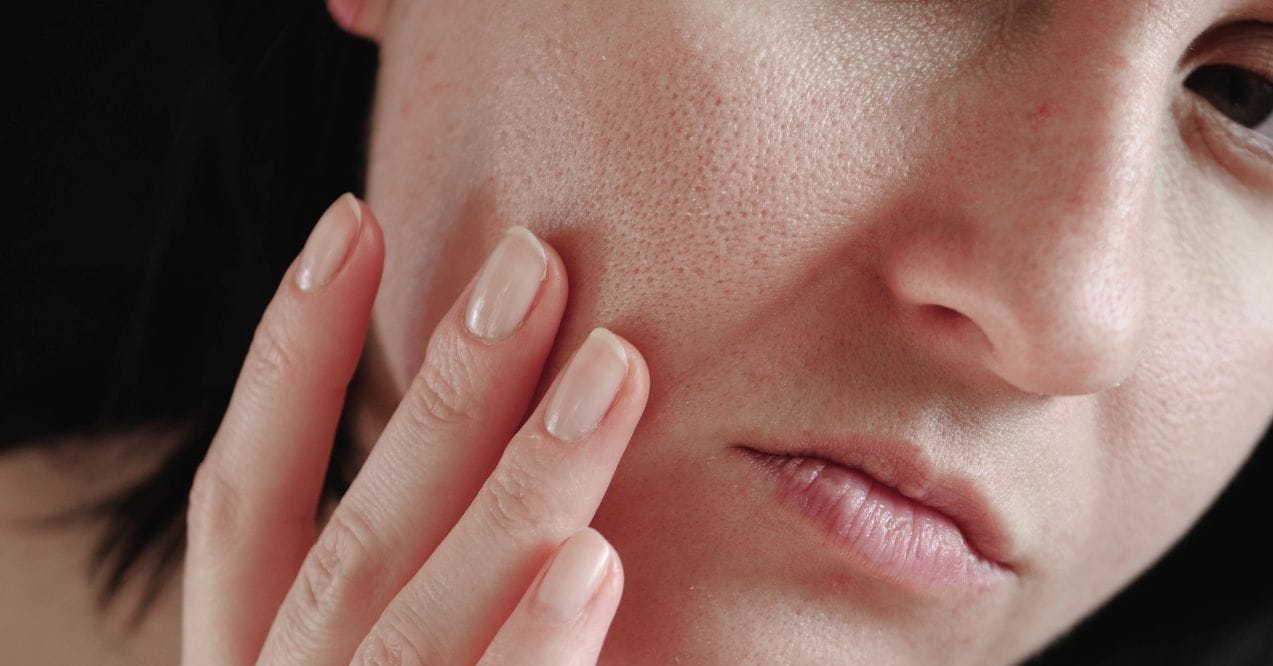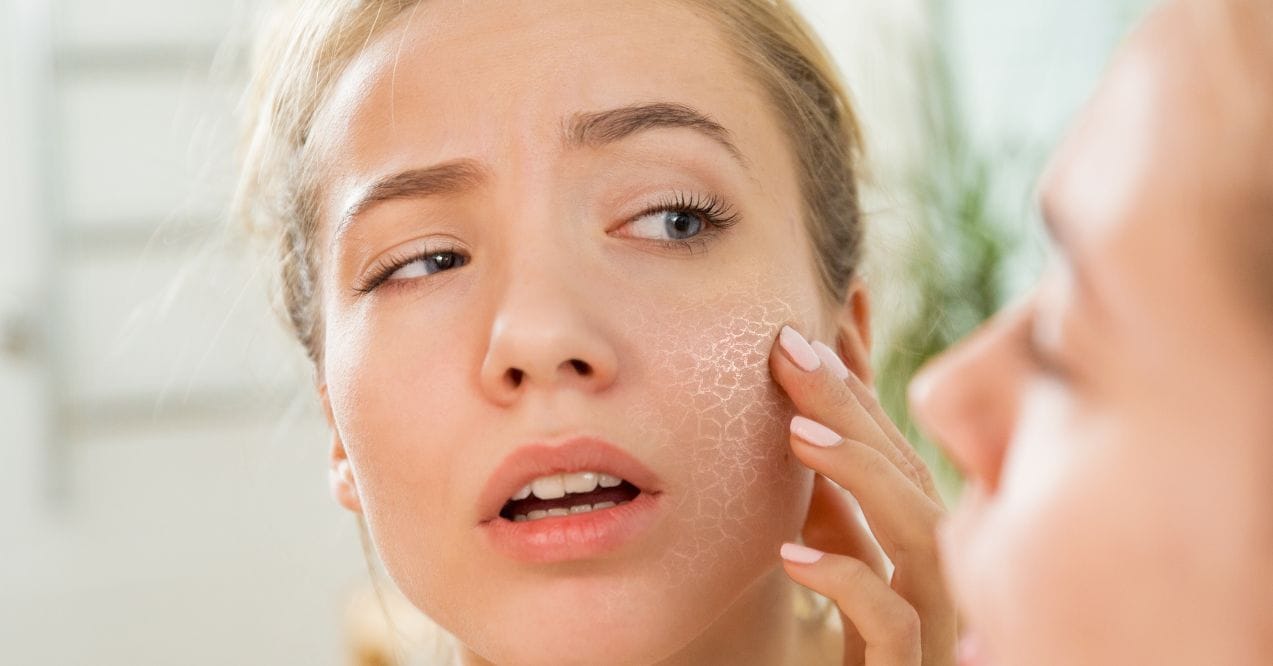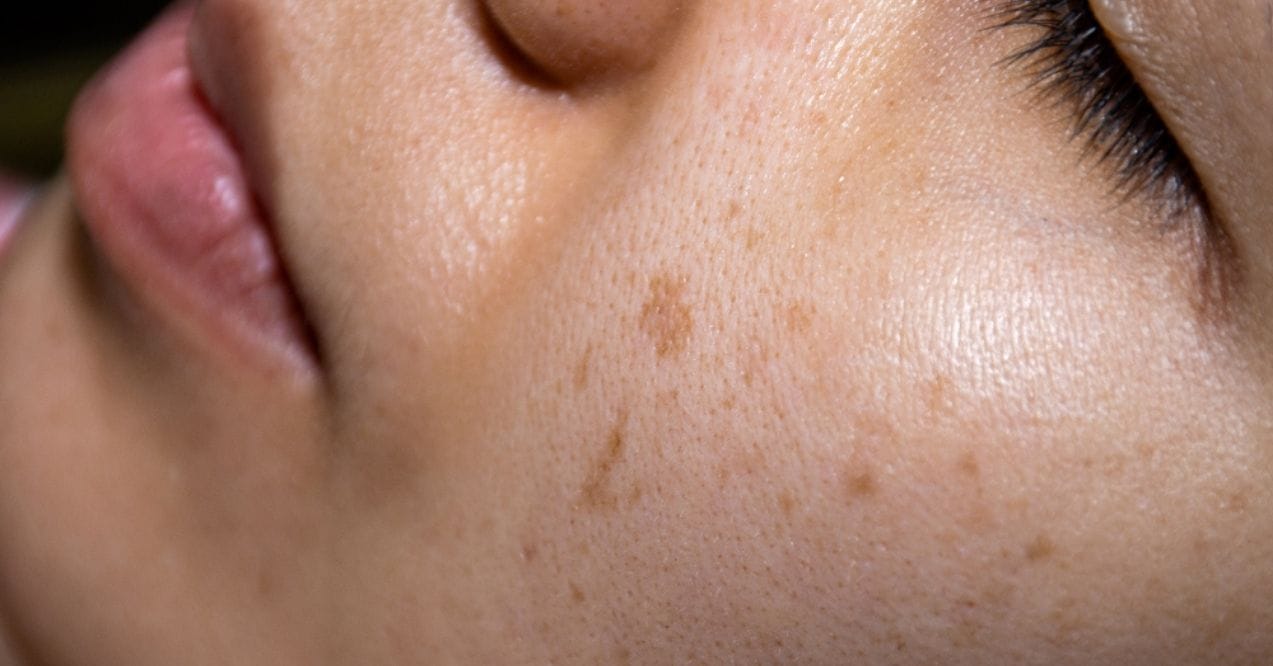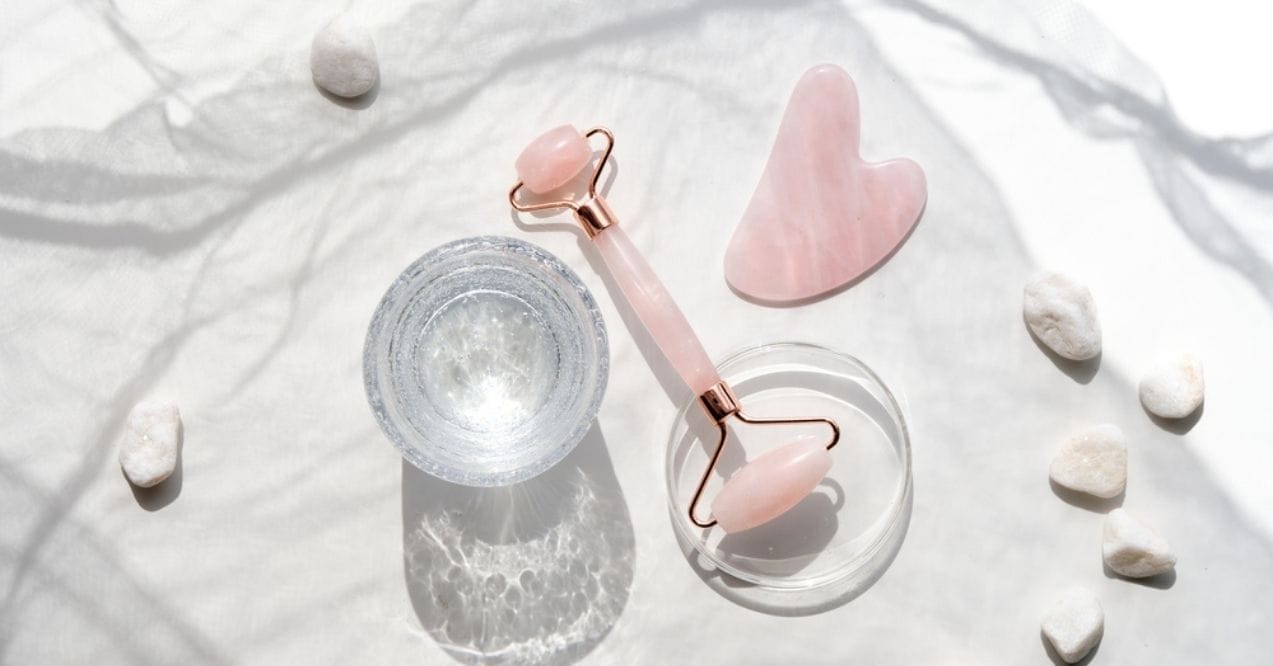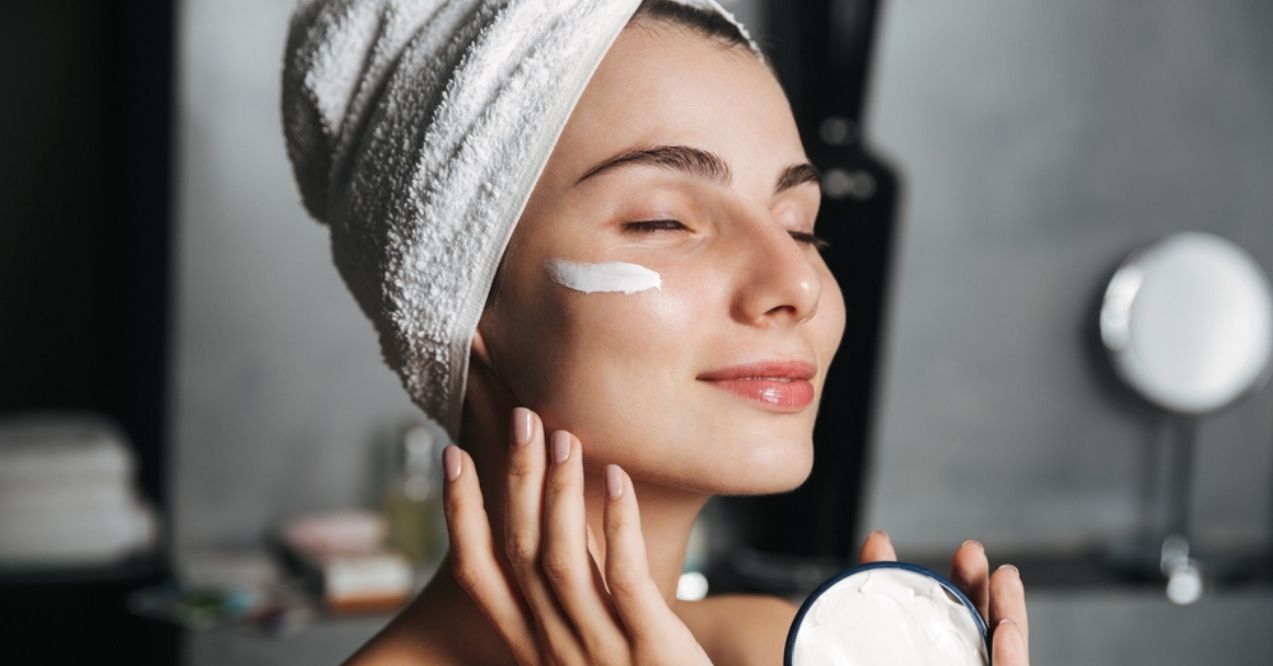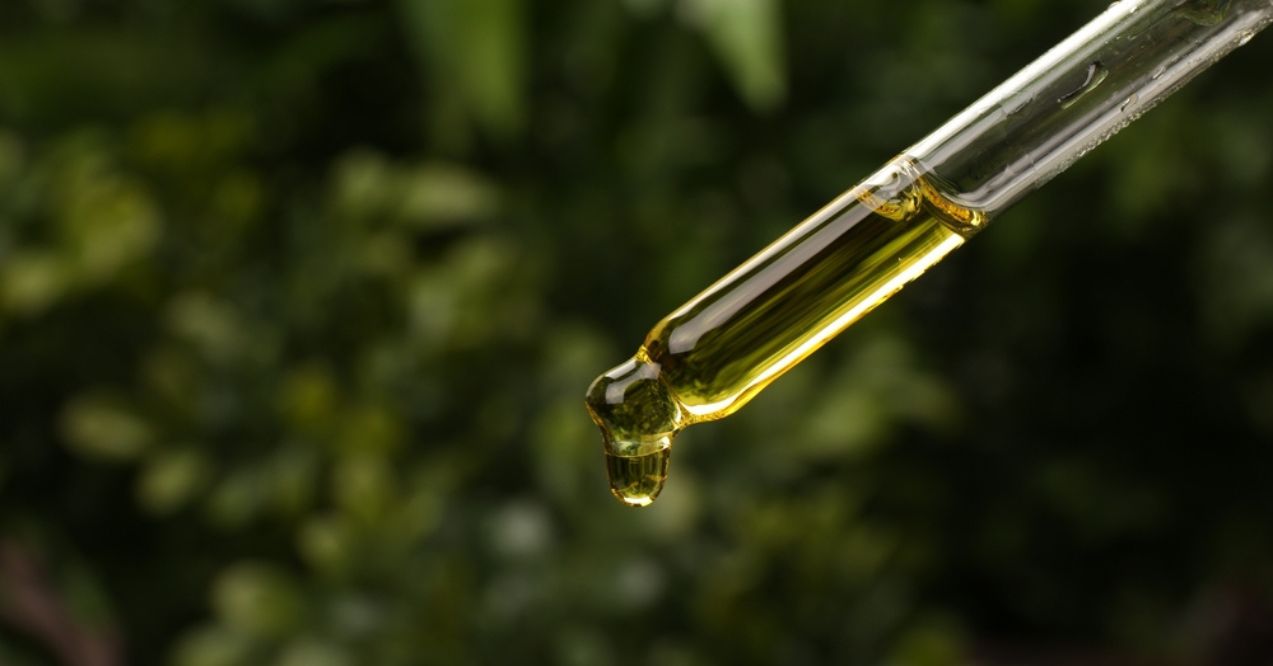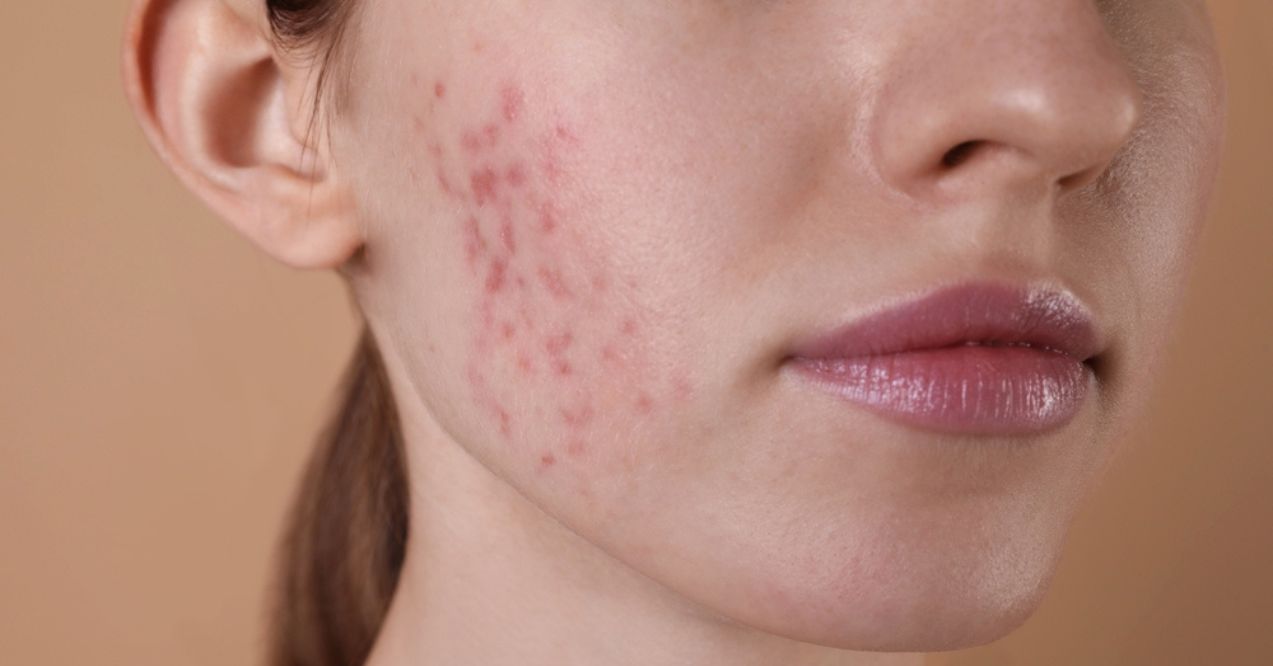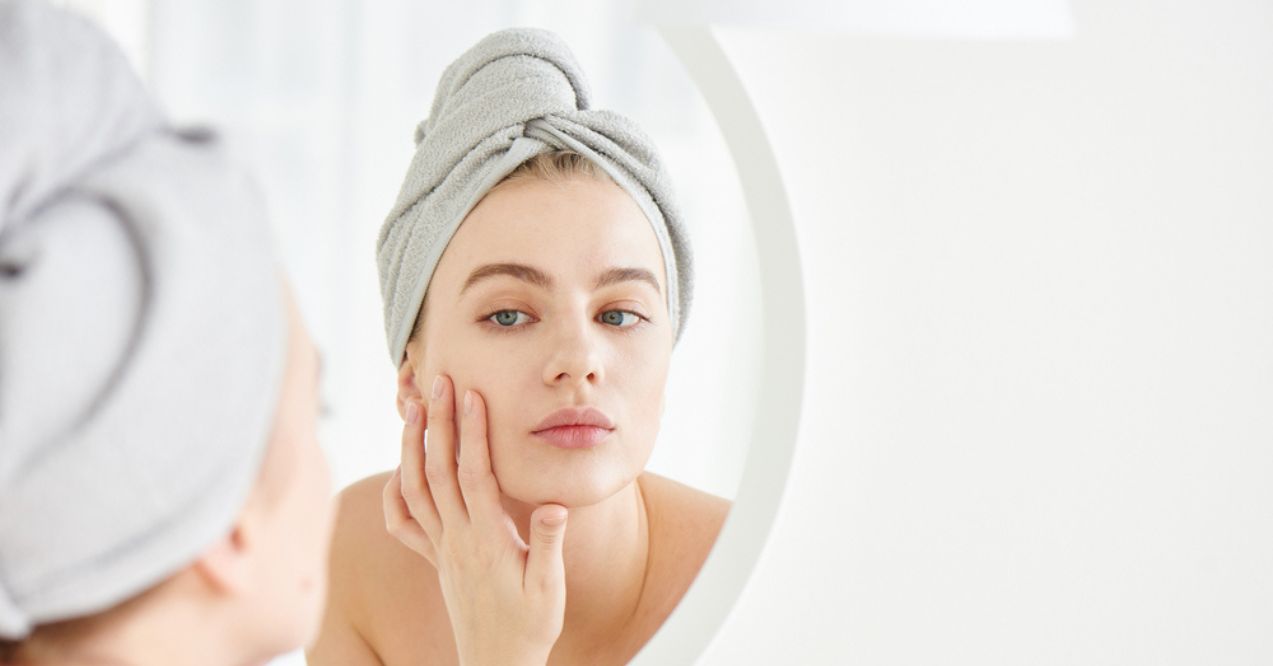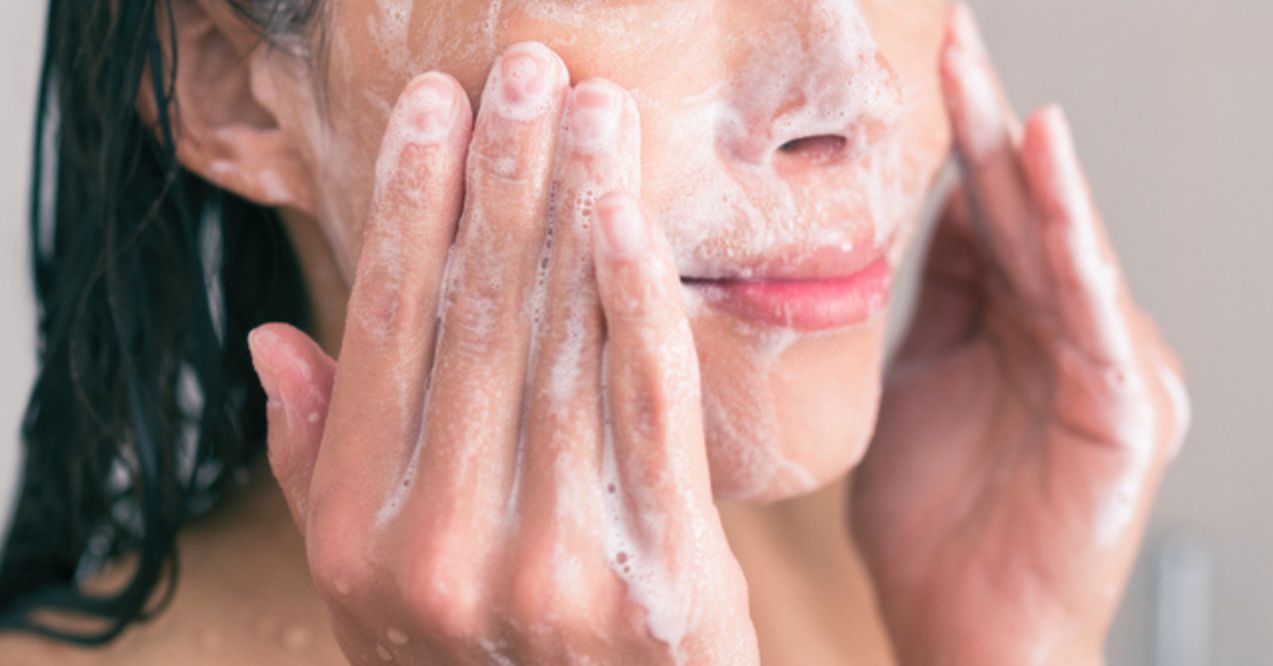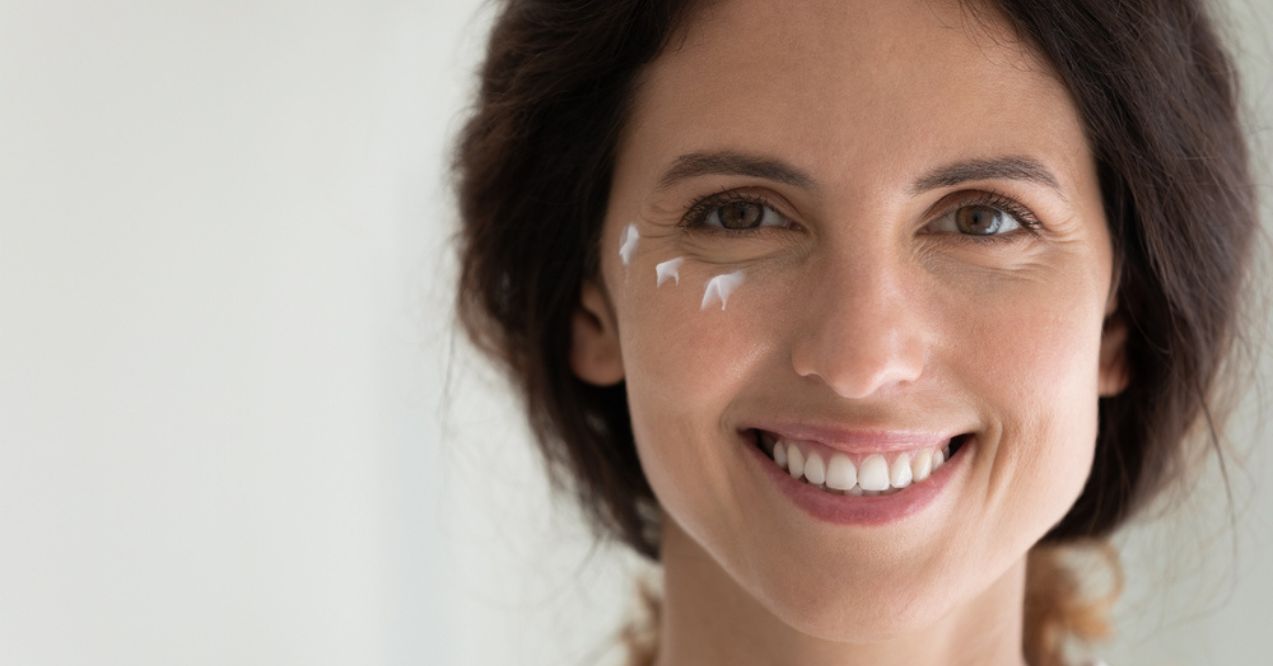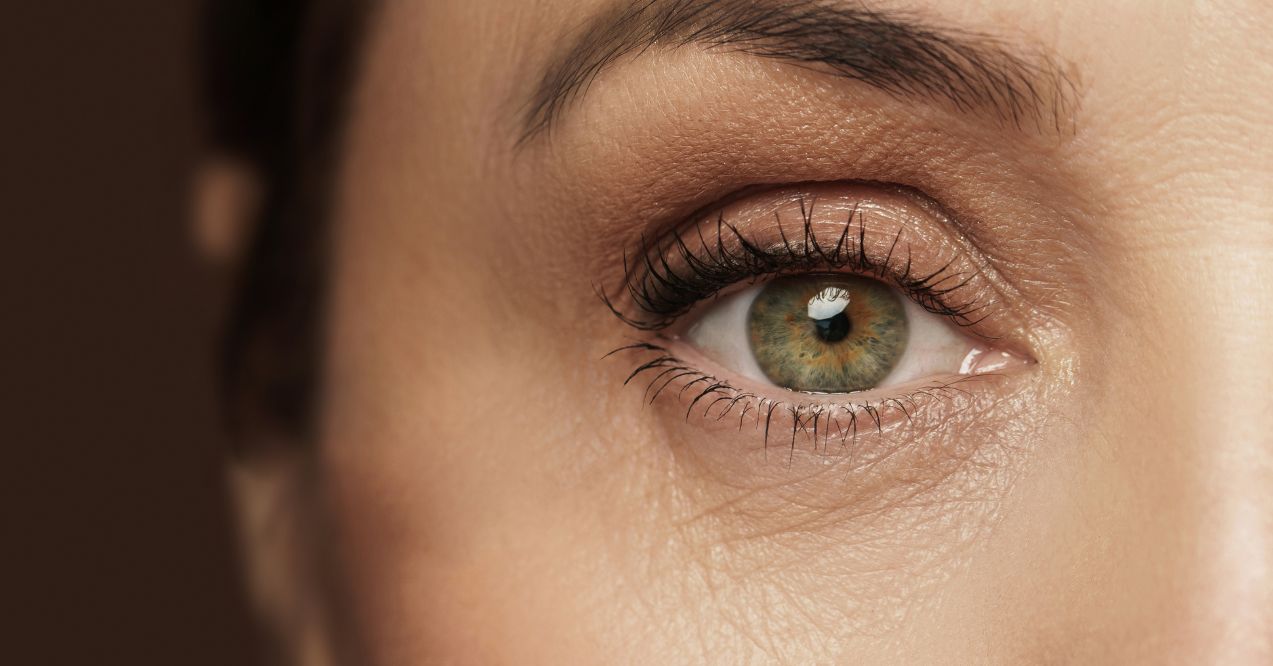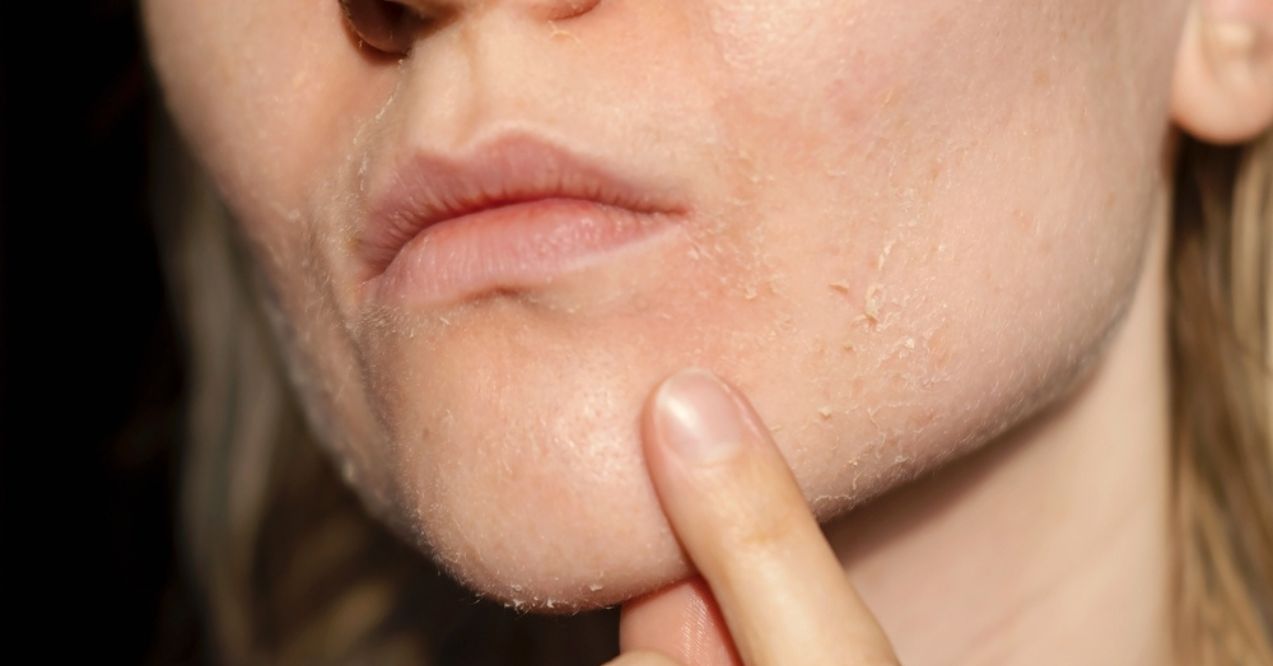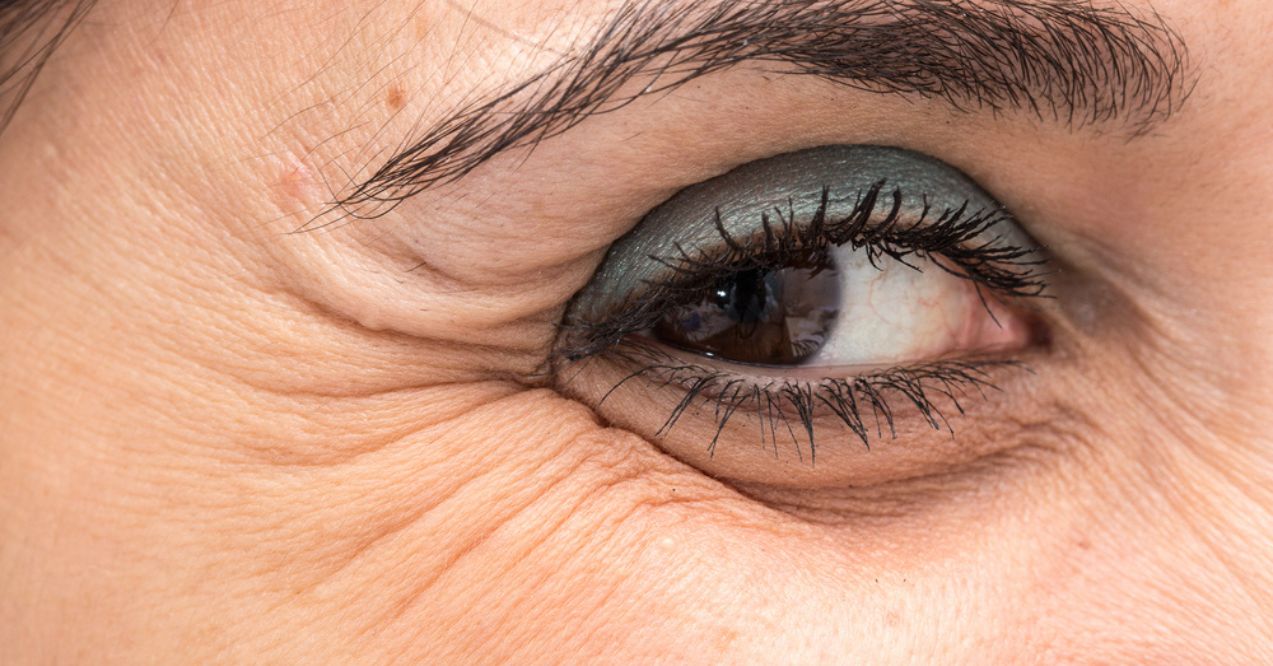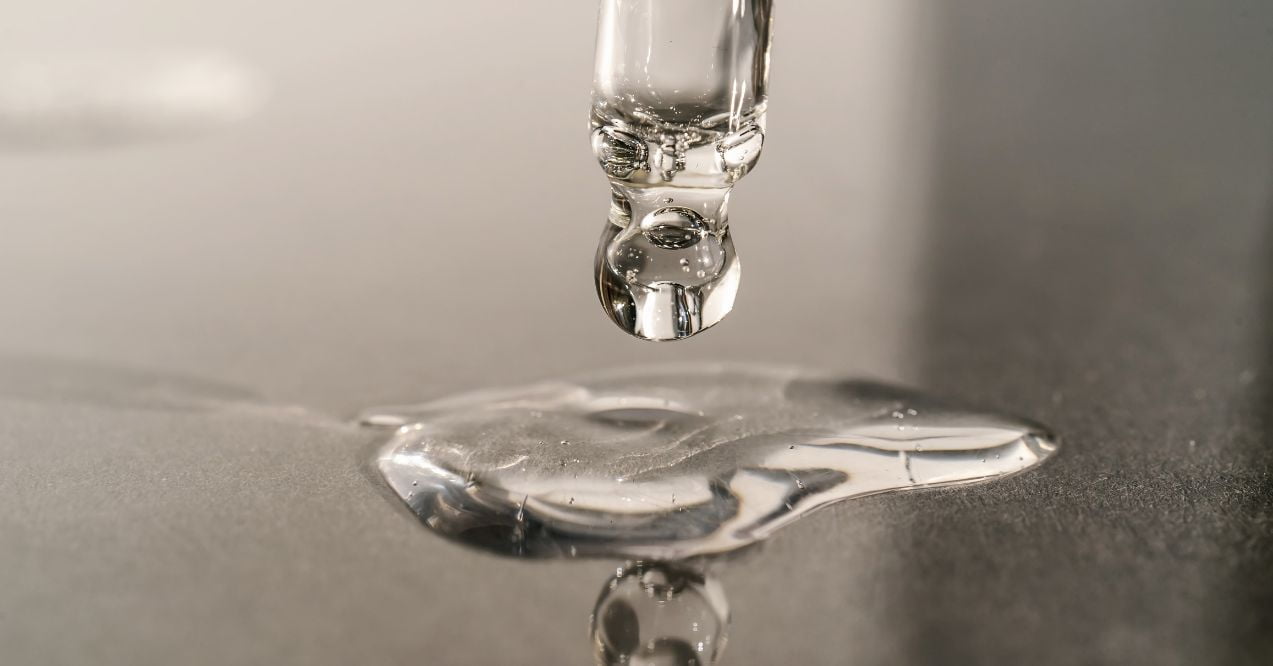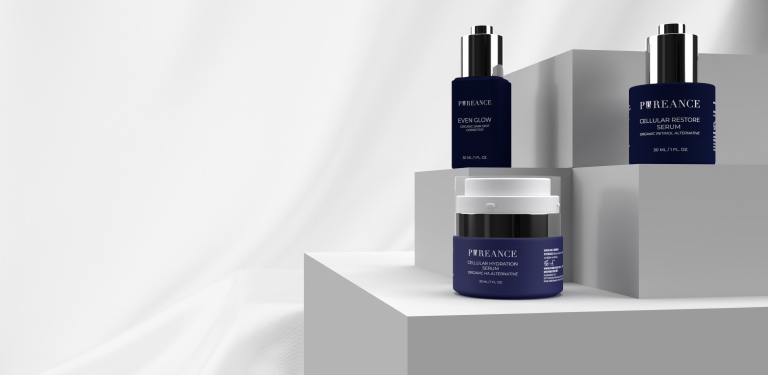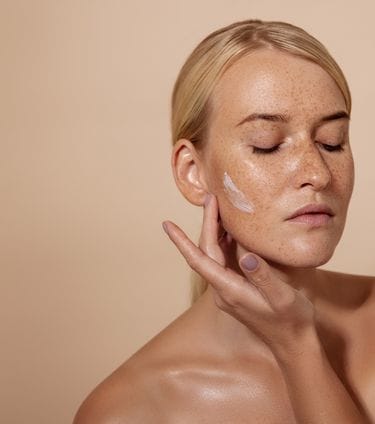


7 Natural Solutions to Even Out Your Skin Tone
Knowing how to even skin tone can make a significant difference in the overall appearance of your complexion. Uneven skin tone, characterized by patches of darker or lighter skin, can result from various factors including sun exposure, hormonal changes, and environmental stressors. These common skin concerns can lead to frustration and a lack of confidence. Fortunately, there are natural ways to address these issues without resorting to harsh chemicals or invasive procedures.
In this blog post, we will explore seven effective methods to support a more balanced complexion using natural ingredients and practices. These approaches focus on promoting skin health from the inside out, helping you achieve a more even and radiant skin tone naturally.
Key Article Findings
- Herbal infusions like licorice root and mulberry extract can help brighten skin and reduce uneven tone.
- Facial massage techniques improve circulation and promote a balanced complexion, making them effective for evening skin tone.
- DIY enzyme masks using natural ingredients like papaya or pineapple gently exfoliate and reveal smoother, more even skin.
- A diet rich in antioxidants and supporting the skin’s microbiome are essential strategies for achieving and maintaining an even skin tone.
How to Even Skin Tone Naturally
Understanding how to even skin tone naturally involves a combination of mindful practices, targeted skincare routines, and the use of nature-based ingredients. Here are seven natural solutions that may help you to even out your skin tone.
1. Herbal Infusions for Topical Application
Herbal infusions offer a gentle and effective way to support an even skin tone. Lesser-known herbs like licorice root and mulberry extract have been recognized for their skin-brightening properties. To prepare a safe and effective herbal infusion, steep these herbs in hot water, allowing their beneficial compounds to release. Once cooled, apply the infusion to your skin using a cotton pad or in a spray bottle.
Additionally, if you are wondering how to get even skin tone for black skin, herbal infusions can be customized to address specific concerns. “Skin-brewing” involves creating personalized herbal blends tailored to your skin’s needs. For instance, combining licorice root with chamomile can help soothe inflammation, while mulberry extract with green tea can target hyperpigmentation, offering a natural solution to uneven skin tone.
2. Targeted Facial Massage Techniques
Facial massage is a powerful tool for promoting lymphatic drainage and improving circulation, both of which are essential for an even skin tone. To begin, use your fingertips to gently massage your face in upward and outward motions, focusing on areas prone to uneven tone like the forehead and cheeks.
Incorporate “facial yoga” movements, such as gently pressing your fingers along the brow bone and sweeping outwards, to stimulate circulation and encourage a more balanced complexion. Tools like gua sha and kansa wands can enhance these techniques by helping to release tension and promote blood flow, making them key components in a routine designed to even out skin tone naturally.
3. DIY Enzyme Masks
Enzymatic exfoliation, powered by natural fruit enzymes like those found in papaya, pineapple, and pomegranate, offers a gentle yet effective way to rejuvenate the skin. Unlike physical exfoliants, which can be harsh and cause micro-tears, enzyme masks work by breaking down dead skin cells on the surface, revealing a smoother, more even complexion underneath.
For those wondering how to get even skin tone naturally at home, DIY enzyme masks are an excellent solution. To create a simple mask, blend ripe papaya or pineapple into a smooth paste and apply it to your face for 10-15 minutes before rinsing off. This method supports skin renewal and helps reduce the appearance of dark spots and uneven texture, leaving your skin looking refreshed and balanced.
4. Balancing Your Microbiome
The connection between gut health and skin appearance is increasingly recognized, with a balanced microbiome playing a crucial role in achieving clear, even skin. Probiotic-rich foods like yogurt, kefir, and sauerkraut, as well as supplements, can help maintain a healthy gut, which in turn supports skin health. The concept of “skin fasting” involves occasionally taking a break from skincare products to allow your skin’s natural microbiome to reset and restore its balance. Additionally, topical probiotics can be made at home using ingredients like yogurt or fermented rice water, providing a natural way to nurture your skin’s microbiome.
5. Stress-Reduction Practices for Skin Health
Stress can significantly impact your skin, leading to issues like breakouts and uneven tone. “Skin journaling” is a valuable tool to track how stress affects your skin, helping you identify patterns and triggers. Incorporating lesser-known oils like sea buckthorn, tamanu, and prickly pear seed oil into your routine can help support stressed skin due to their calming and nourishing properties. Applying oils correctly – by gently pressing them into damp skin – ensures optimal absorption and effectiveness, with different oils suited to various skin types and concerns.
6. Strategic Use of Natural Oils
Dehydration can cause the skin to overcompensate by producing excess oil, leading to an uneven tone. Staying hydrated by drinking plenty of water and using skincare products with hydrating ingredients like hyaluronic acid can help maintain balance. If you’re trying to learn how to even out skin tone on face, consider incorporating natural oils like jojoba or rosehip into your routine. These oils mimic the skin’s natural sebum, helping to regulate oil production and support a smoother, more even complexion.
7. Antioxidant-Rich Diet for Skin Repair
An antioxidant-rich diet is essential for skin repair and achieving an even tone. If you’re wondering how can I get even skin tone, incorporating less common antioxidants such as astaxanthin and goji berries into your diet can provide powerful skin benefits. Meal planning that focuses on these nutrients supports skin health, and the concept of “eating the rainbow” ensures a diverse intake of vitamins and minerals specifically for skin health. By including a variety of colorful, antioxidant-rich foods, you can help protect your skin from oxidative stress and promote a more balanced complexion.
Customizing Your Approach
To get the most out of these natural solutions, it’s essential to tailor them to your specific skin type and concerns. For oily skin, focus on balancing hydration with lightweight oils and probiotics. If you have dry or sensitive skin, emphasize gentle herbal infusions and soothing facial massages.
Combine these methods into a sustainable skincare routine by starting with one or two practices and gradually incorporating others based on your skin’s response. Consistency is key – regularly adapting your routine to your skin’s changing needs will help you maintain a balanced, even complexion over time.
When to Seek Professional Help
If you’re unsure how to even skin tone despite trying natural methods, it might be time to seek professional help. Persistent or worsening uneven skin tone could indicate underlying health issues, such as hormonal imbalances or chronic inflammation. In these cases, a dermatologist can assess your skin and recommend targeted treatments like chemical peels, laser therapy, or prescription-strength topical treatments.
These options are designed to address severe cases of hyperpigmentation or other skin concerns that natural methods may not fully resolve. Consulting a professional ensures you receive appropriate care and a tailored approach to achieving a more even skin tone.
Conclusion
Understanding how to even skin tone is key to achieving a balanced and radiant complexion. By incorporating natural solutions such as herbal infusions, facial massage, and enzyme masks, you can address uneven skin tone effectively without harsh chemicals. Additionally, maintaining a healthy diet rich in antioxidants and supporting your skin’s microbiome plays a crucial role in promoting an even skin tone. Consistency and customization of these practices to your skin type will help you achieve and maintain a smoother, more uniform complexion naturally.
Natural methods for evening skin tone typically show results in 4 to 8 weeks. Consistency is key, and visible improvements depend on factors like skin type, the specific approach used, and the severity of the unevenness.
Natural solutions can help alleviate post-acne hyperpigmentation by promoting skin renewal and reducing dark spots. Ingredients like licorice root, vitamin C, and fruit enzymes can gradually lighten pigmentation, but they may take longer than professional treatments.
Yes, over-exfoliation is possible even with natural enzyme masks. Using them too frequently or leaving them on too long can lead to irritation, redness, and skin barrier damage. It’s important to follow recommended usage guidelines for safe results.
Hormones can impact skin tone by influencing oil production, pigmentation, and inflammation, often leading to uneven skin. Natural methods like balancing your diet, managing stress, and using targeted skincare can help support more stable hormone levels and improve skin tone.
This site offers health, wellness, fitness and nutritional information and is designed for educational purposes only. You should not rely on this information as a substitute for, nor does it replace, professional medical advice, diagnosis, or treatment. If you have any concerns or questions about your health, you should always consult with a physician or other health-care professional. Do not disregard, avoid or delay obtaining medical or health related advice from your health-care professional because of something you may have read on this site. The use of any information provided on this site is solely at your own risk.
Nothing stated or posted on this site or available through any services are intended to be, and must not be taken to be, the practice of medical or counseling care. For purposes of this agreement, the practice of medicine and counseling includes, without limitation, psychiatry, psychology, psychotherapy, or providing health care treatment, instructions, diagnosis, prognosis or advice.
